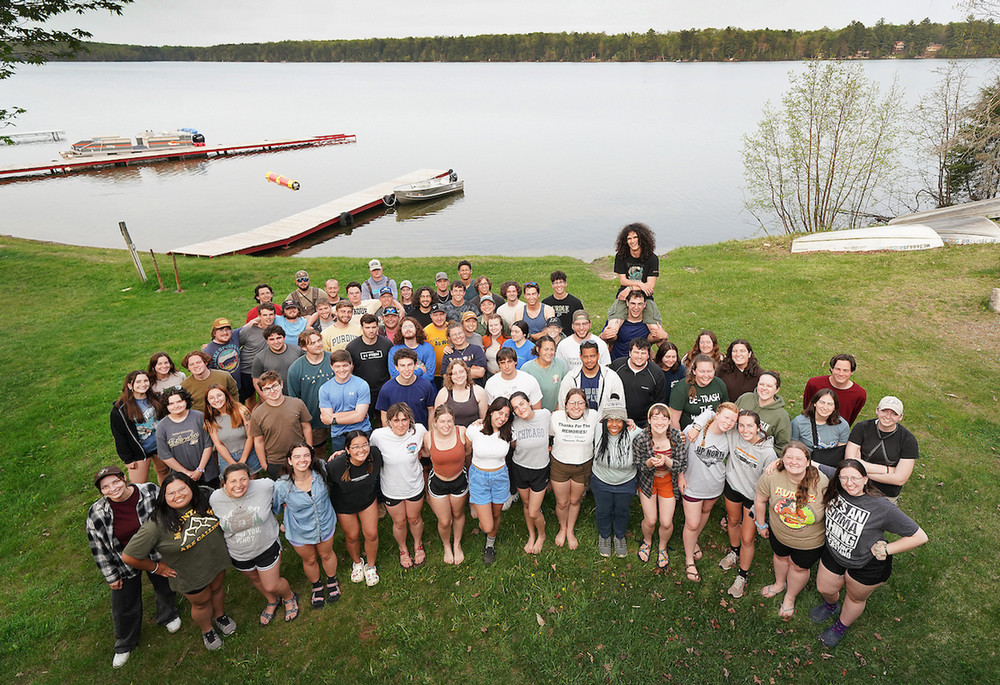All roads lead home: One student’s unexpected path to Purdue
It was two weeks away from the start of Harrison Reeves’ first semester at Purdue University. His bags were packed, ready to be moved into his dorm. Little did he know that his trip to Purdue, where he would eventually call home, would take him to places he never expected and pave the way for future adventures.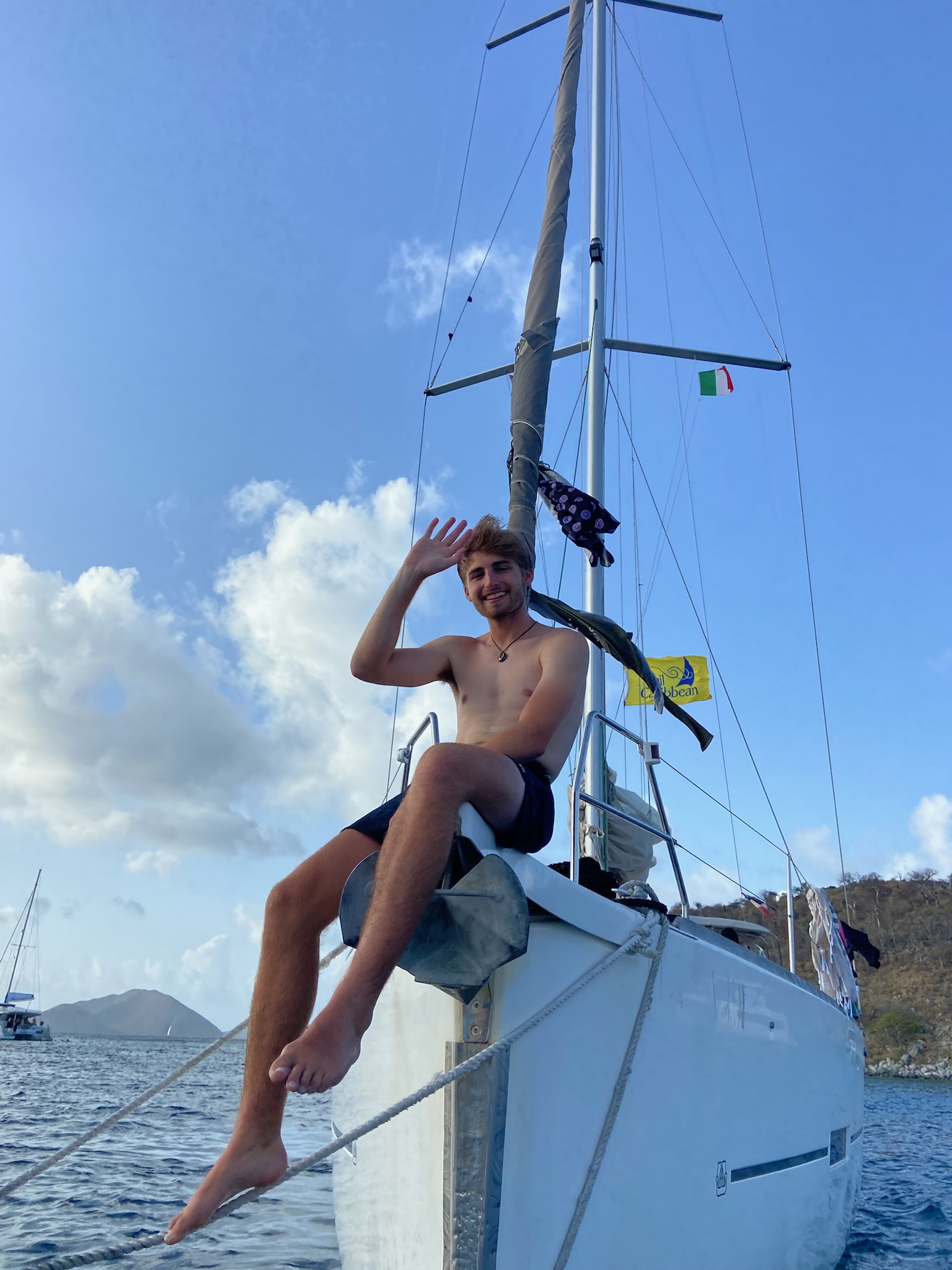
Although he had planted roots in his hometown of Atlanta, Georgia, Reeves, interested in studying the ocean, wanted to get out of his comfort zone. The Forestry and Natural Resources Department’s (FNR) world-renowned faculty and abundant hands-on learning presented the perfect opportunity. A trip to campus solidified his decision to commit to Purdue.
However, Reeves was a high school 2020 graduate, and faced unprecedented challenges as the world went on lockdown and many classes moved online.
“I’ve always considered myself an activities-based learner rather than someone who thrives in a classroom. This is why I originally chose Purdue–of course, we have a lot of rigorous classwork, but there are so many hands-on experiences. When things went online, I decided to do something different and take a step back. Purdue wasn’t going anywhere.”
Reeves made a few Google searches and found the Sea Education Association (SEA) Semester program through Boston University, which offered the immersive experience that fit his needs. Despite describing himself as risk-averse, one week later, Reeves grabbed the bag he had already packed for college and headed to Boston, taking his giant leap and forging his own path to Purdue.
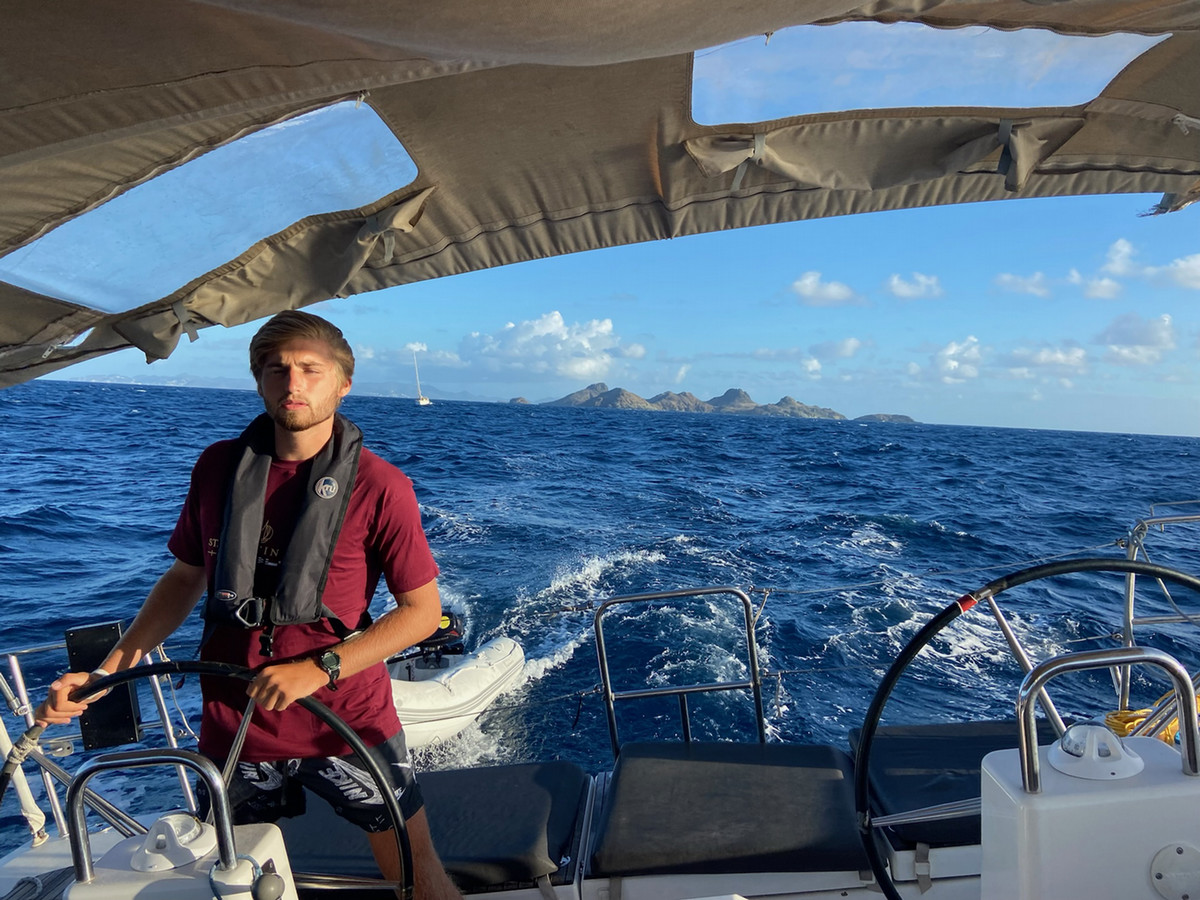
“I wanted to redefine myself in college as someone who wasn’t afraid to take risks, and although I have always been passionate about the ocean, I wasn’t sure what direction to take beyond that. I saw SEA Semester as the perfect opportunity to prove to myself that I can be a risk-taker and discover my calling before I went to Purdue.”
sea semester
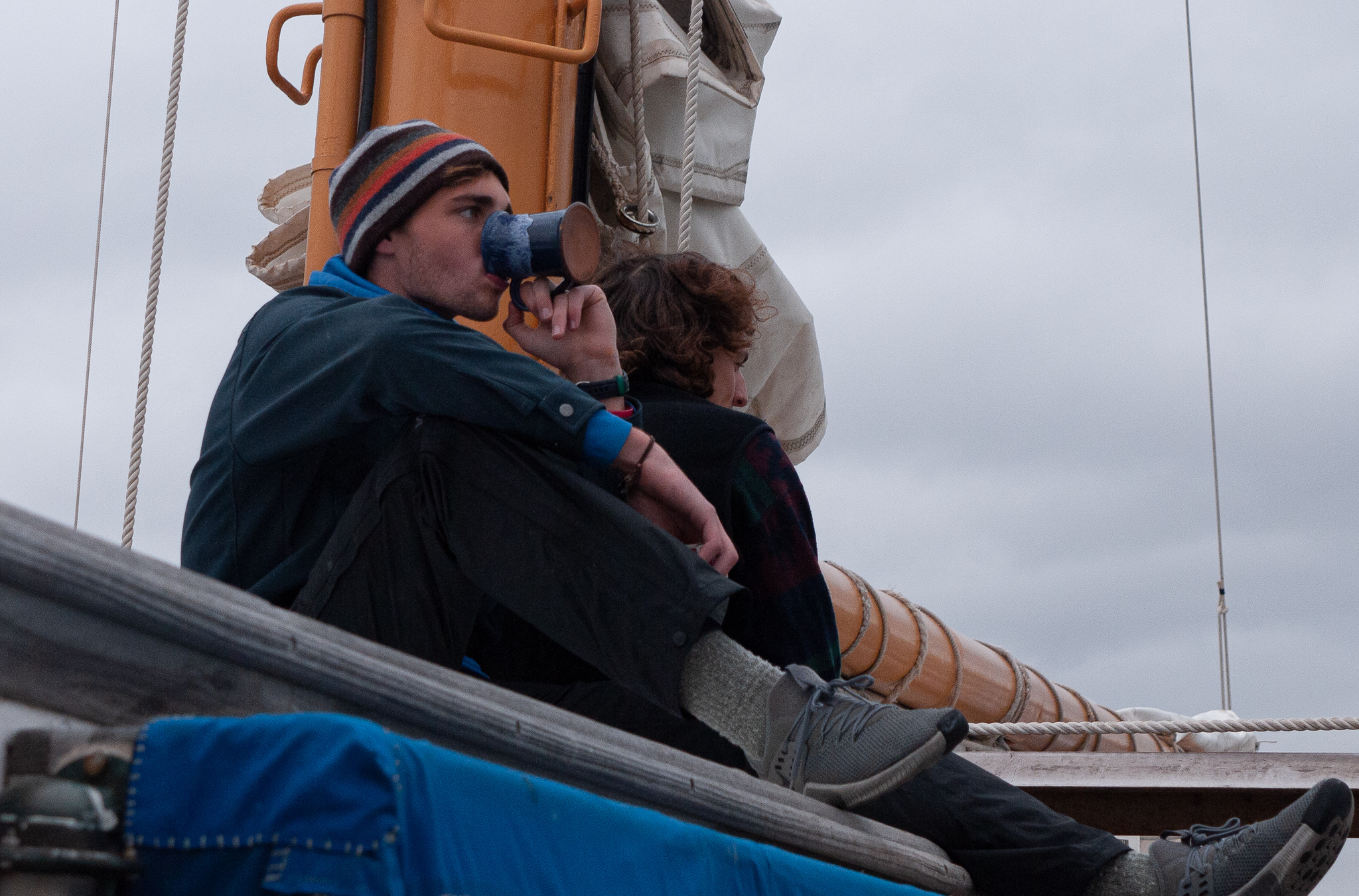
SEA Semester proved to be challenging as Reeves plunged right into rigorous classes that would prepare him for the open ocean. After six weeks of class on land, Reeves left his phone behind and boarded a 135-foot sailboat. Over the next month, he and his classmates would demonstrate what they had learned by completing a field research project of their choice.
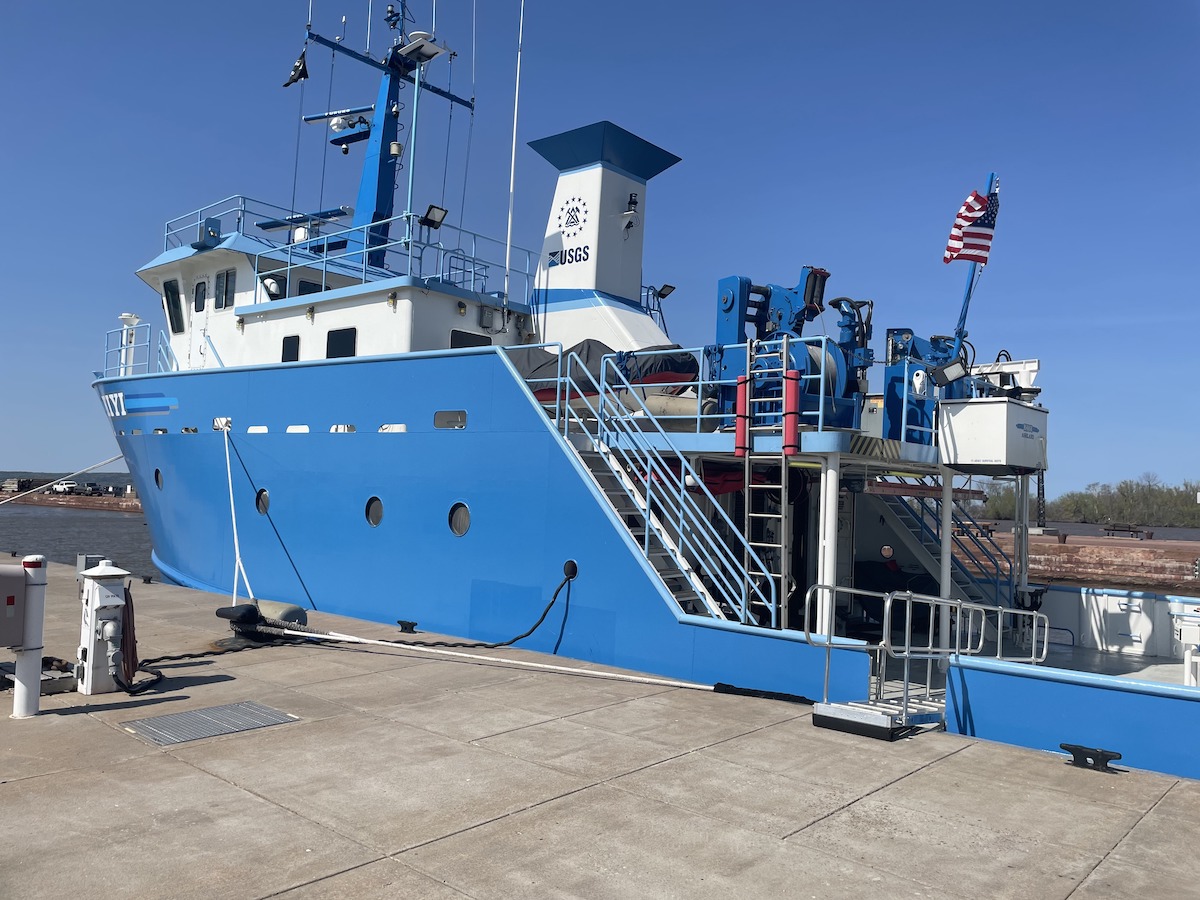
“For the first two weeks, all I could think was, ‘I’m just in the way. This wasn’t in the textbook!’ We were in the middle of the sea, and I was so homesick. But as I began to learn my way around the boat, I began to buy into it, and take on more leadership roles, like helping my colleagues learn to sail. And once I started my research project, studying what I wanted to study, I had a blast!”
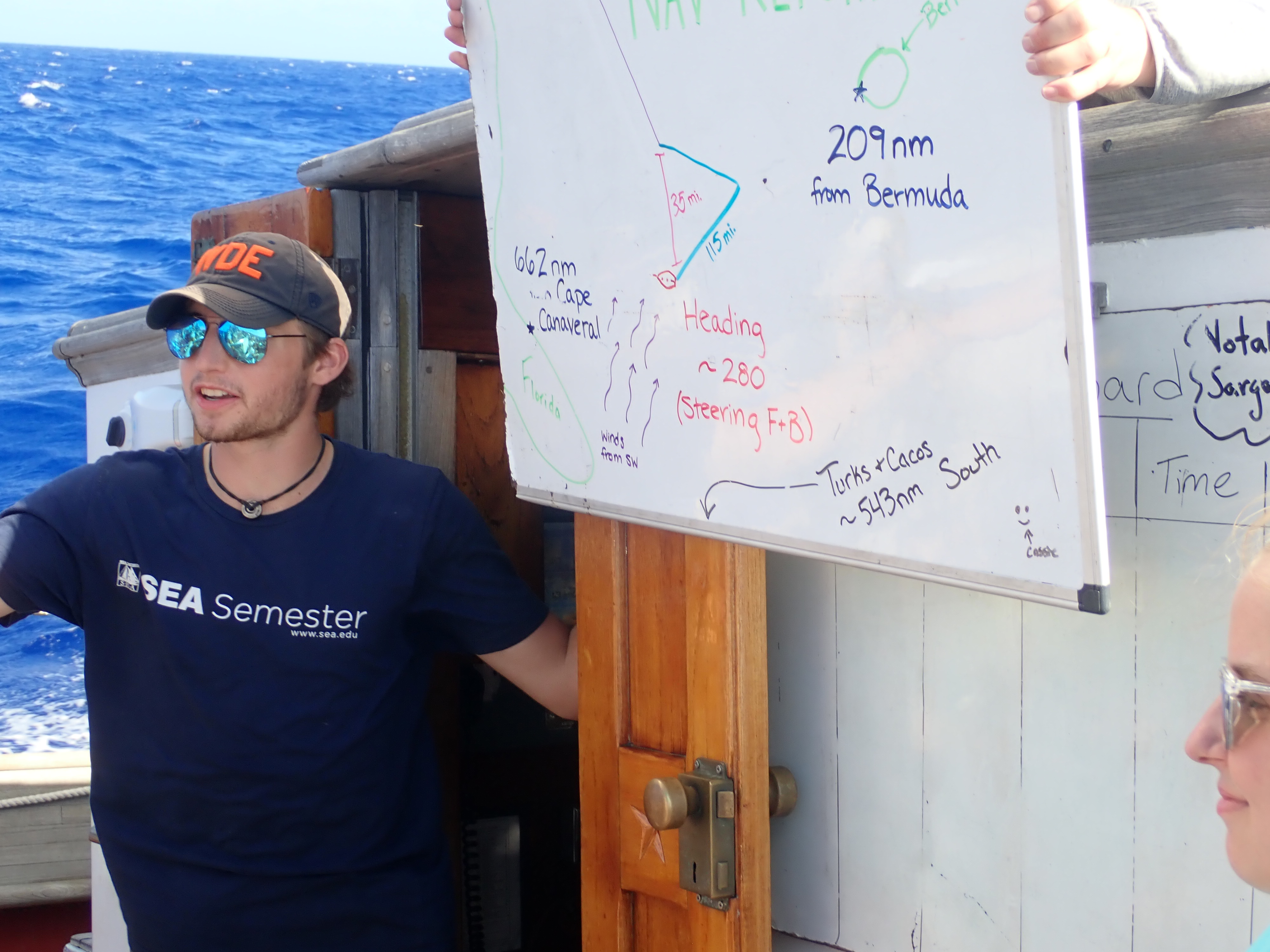
Classes on nautical signs, navigation, compasses and bearings, marine history and the transatlantic slave trade helped prepare Reeves for a semester spent at sea.
Reeves’ gap year cultivated a calling to help the environment. He found his research niche studying zooplankton migration patterns, collecting samples from the Gulf of Maine all the way down to the Florida Keys. By looking at these patterns, which indicated a shift to the poles, Reeves could see how the marine food chain is affected by warming ocean temperatures and acidification. Colder water is more nutrient dense while warmer water is scarcer. This analysis of a microscopic organism tells a much larger story about how climate change affects an ecosystem, including all marine life, as fish follow zooplankton, mammals follow fish, and so on.
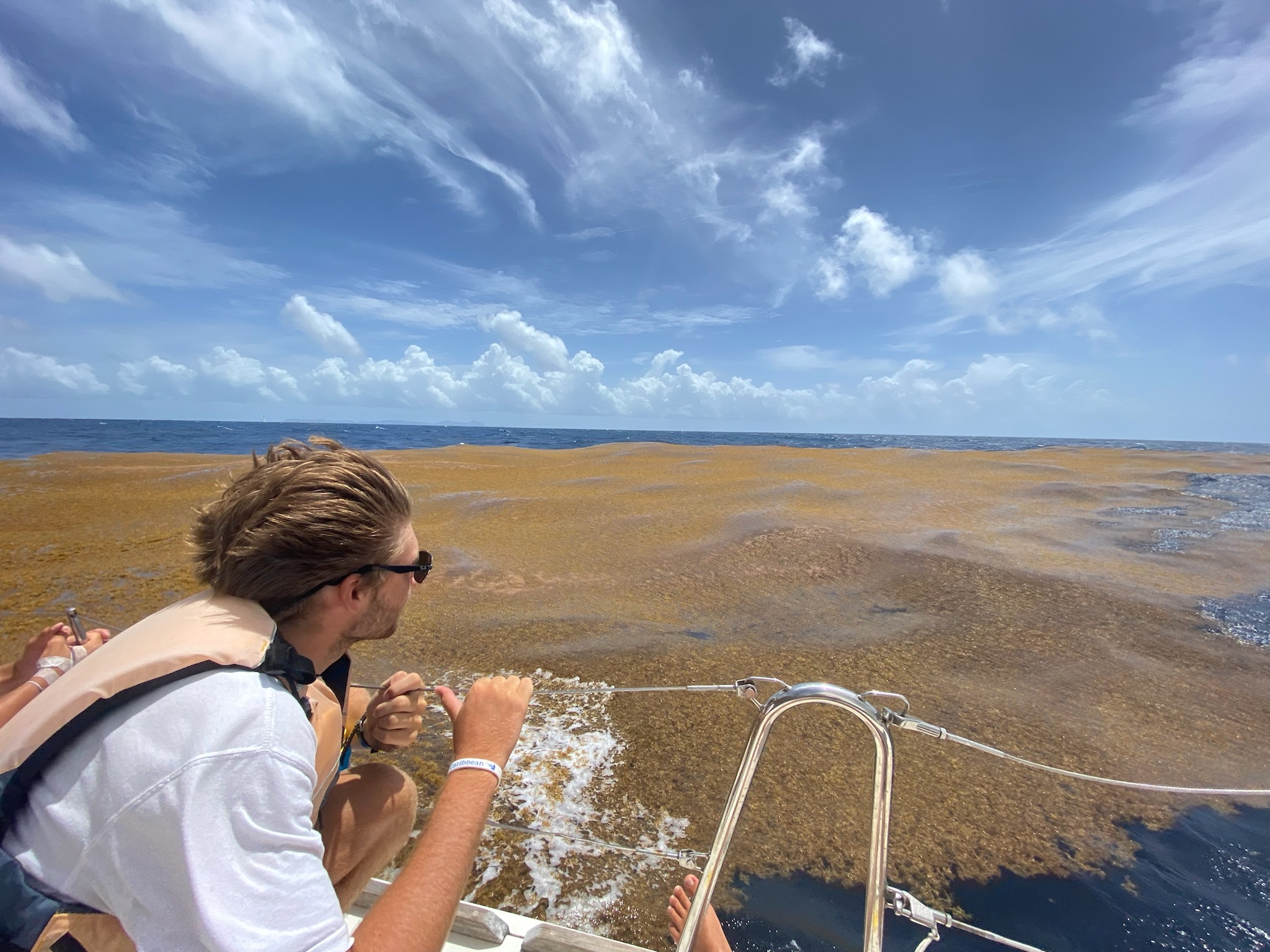
After samples were collected, Reeves measured phosphate levels, nitrate levels, pH, etc. and compared this with species diversity and their tolerance index. Temperature and abundance of species had the highest correlation.
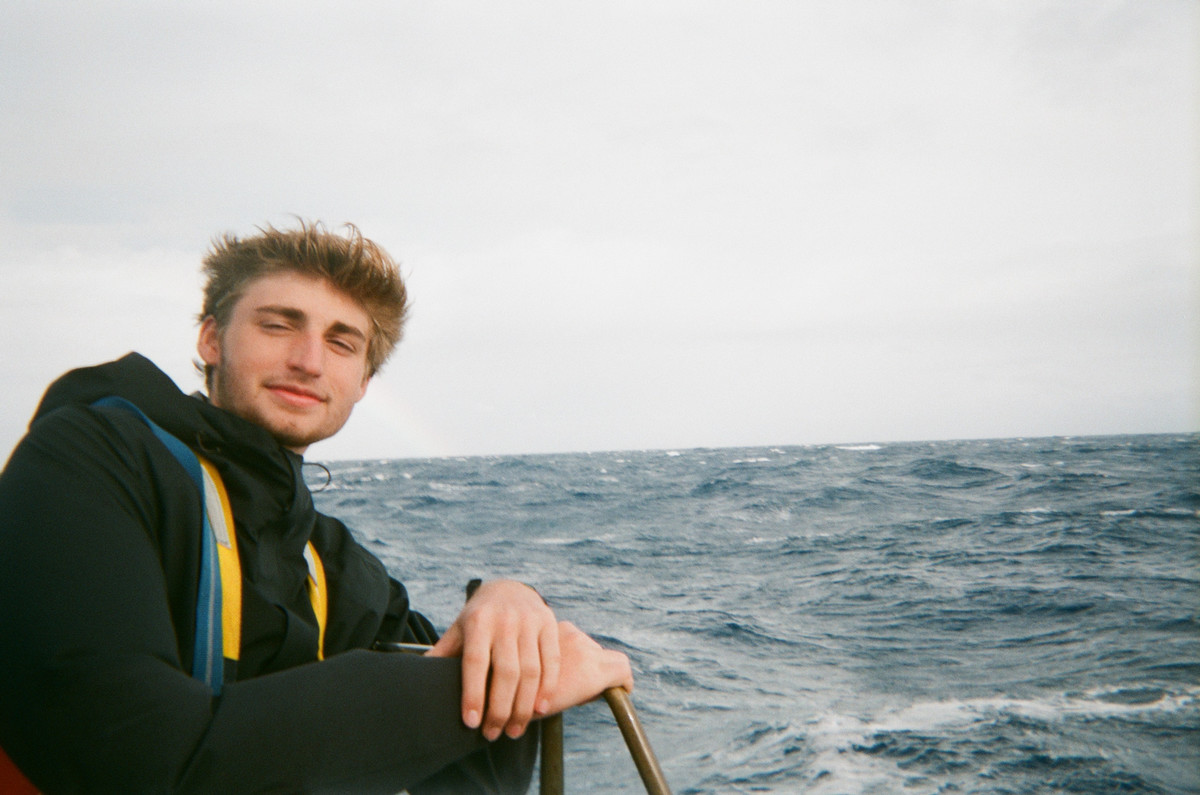
Reeves sectioned portions of the Atlantic into areas where life thrived and did not. By comparing his research to a past study, he could measure changes in species migration.
“I wrote 22 pages of my research paper, and I’m super proud of it and all the difficult but rewarding work we did on that boat. The paper helped me get into Purdue when I applied for the second time, this time for the aquatic sciences program!”
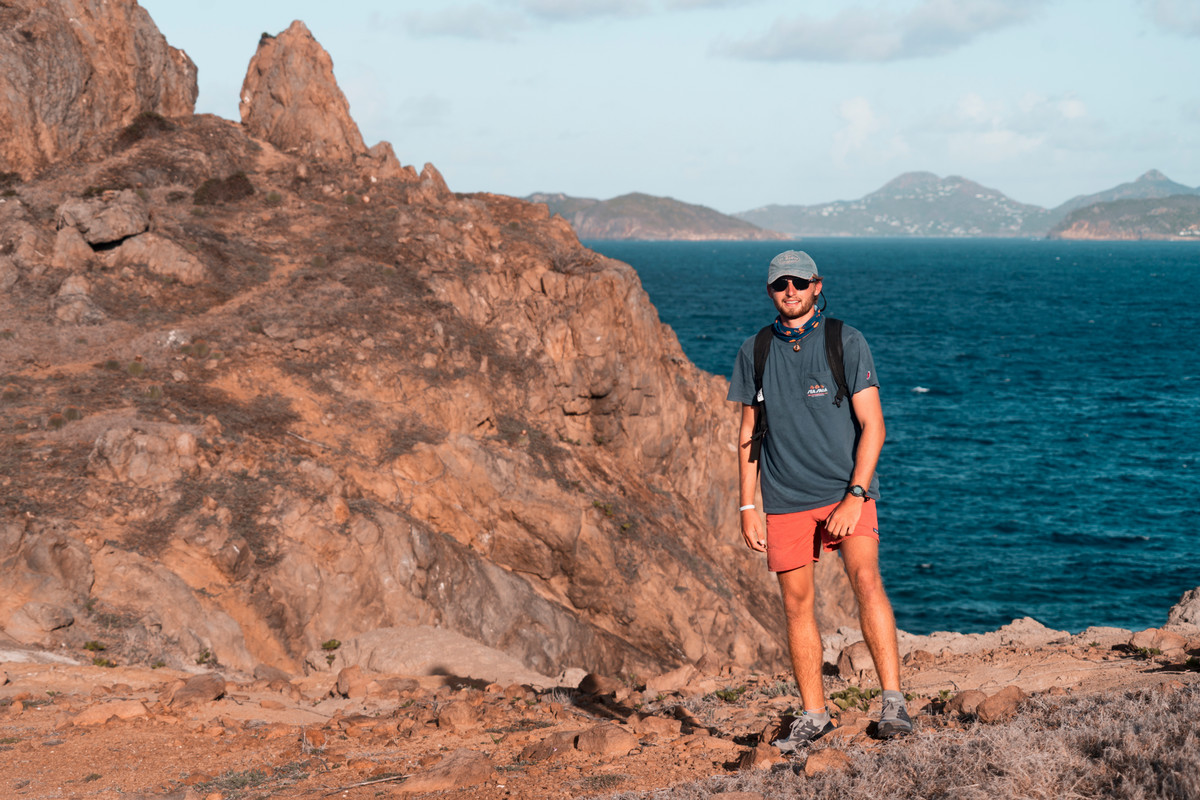
Purdue's Practicum
The College of Agriculture’s summer practicum, a 5-week retreat into Michigan’s Upper Peninsula, turns woods, water and wetlands into living classrooms for aquatic sciences, wildlife and forestry majors. While other universities have scaled back their summer residential programs, Purdue Agriculture has expanded, drawing in students from around the U.S. This was the next step Reeves was looking to take.
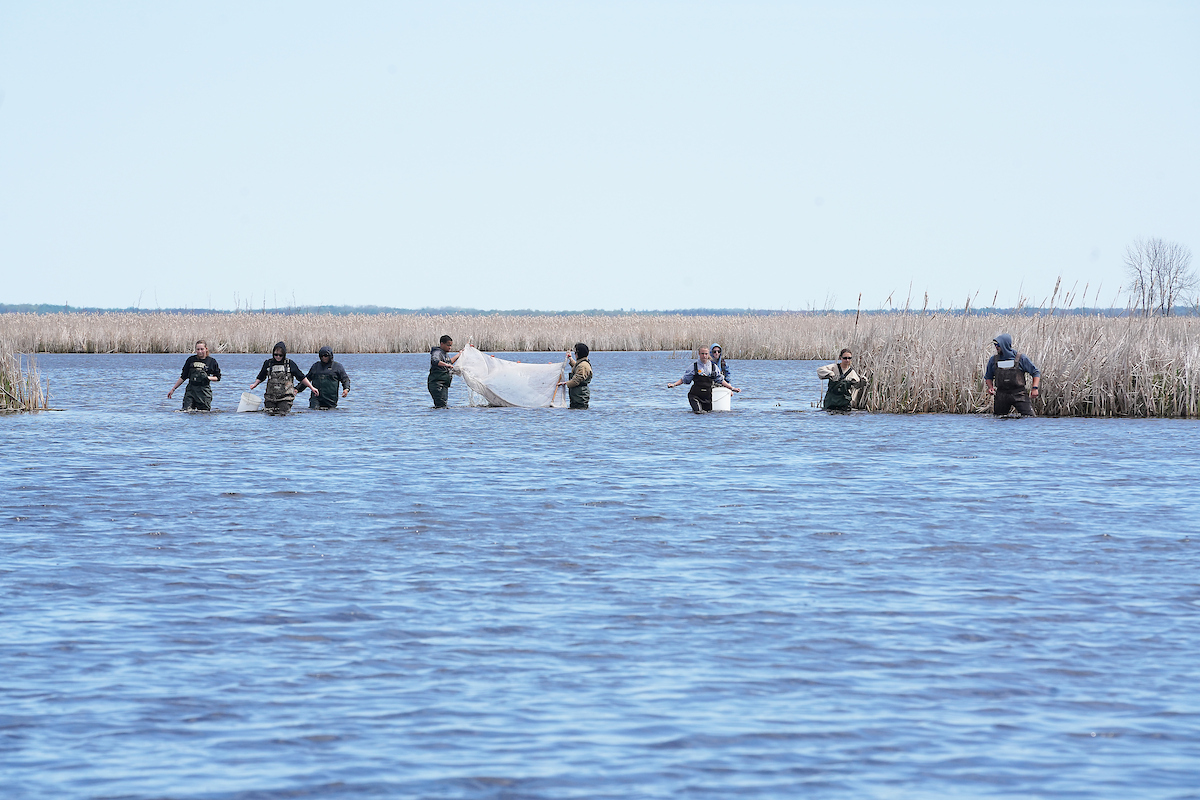
After a week of introductory instruction, Reeves spent four weeks conducting intensive aquatic field research in the Great Lakes region under the mentorship of Purdue’s FNR faculty members.
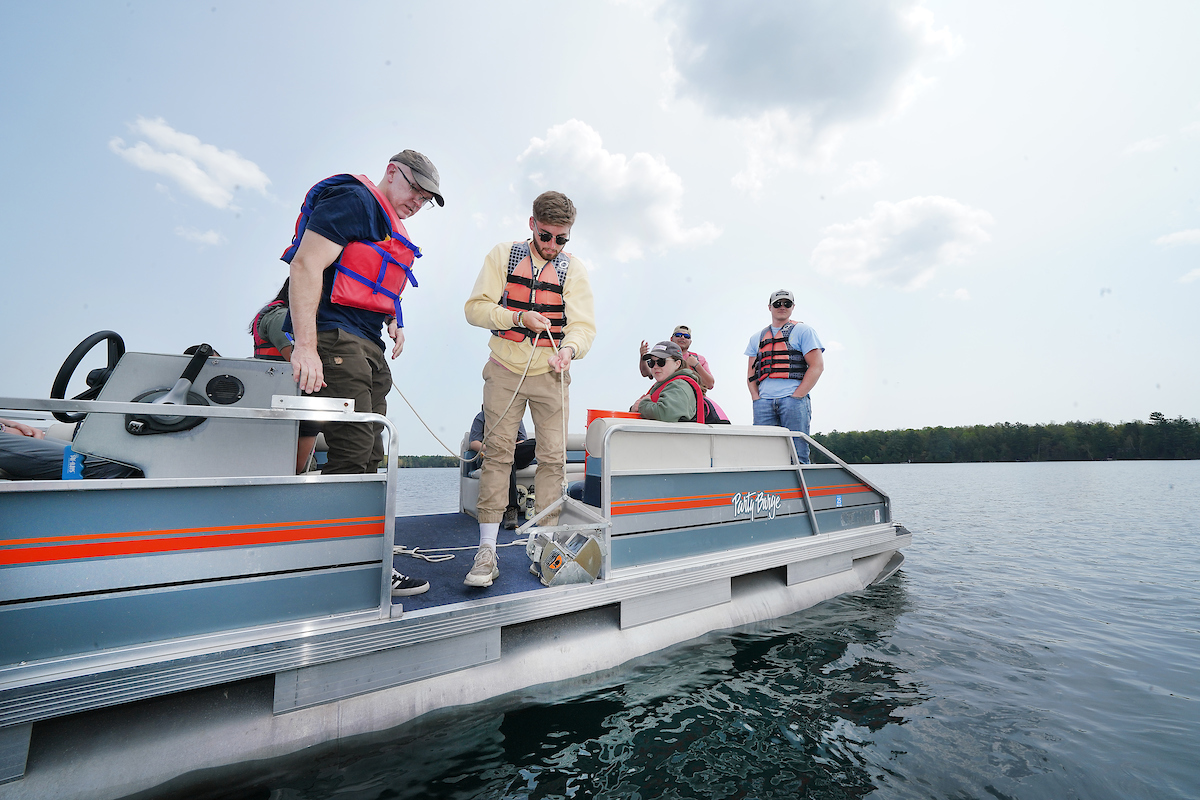
“Practicum was even better than expected. During the summers and my gap year, I had all of these amazing experiences, but it was awesome to get out there, do experiments that were 100% related to my field and see my future career in action. Our professors really encouraged us to think, learn and push ourselves, and of course, have fun, too.”
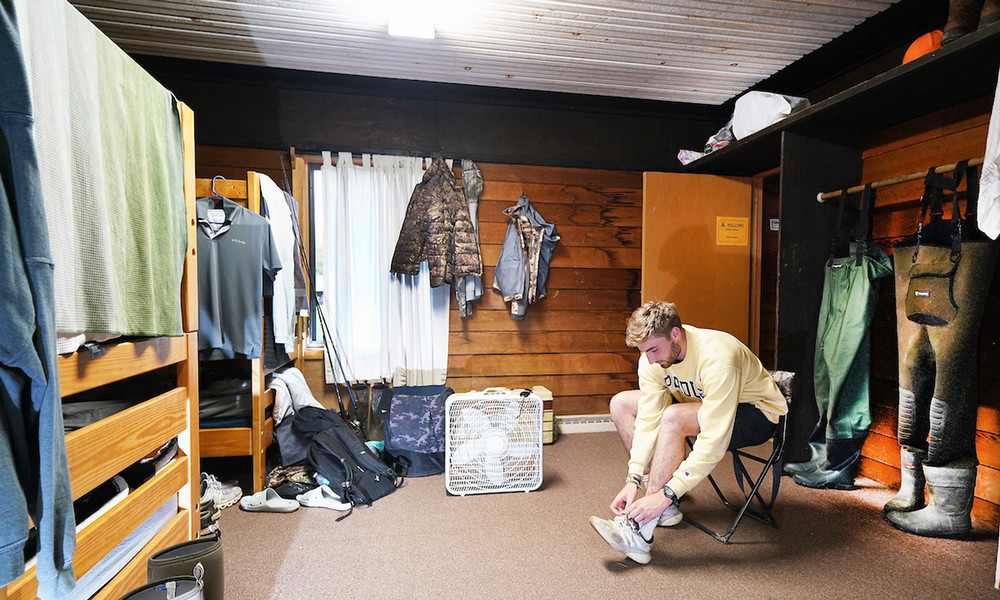
Reeves’ favorite practicum experience was a trip to the Iron River, where he and his fellow students gave a presentation to the local community, which included trout fishers, on trout populations and water quality. Reeves’ portion of the project focused on plankton, using what he had learned at SEA semester.
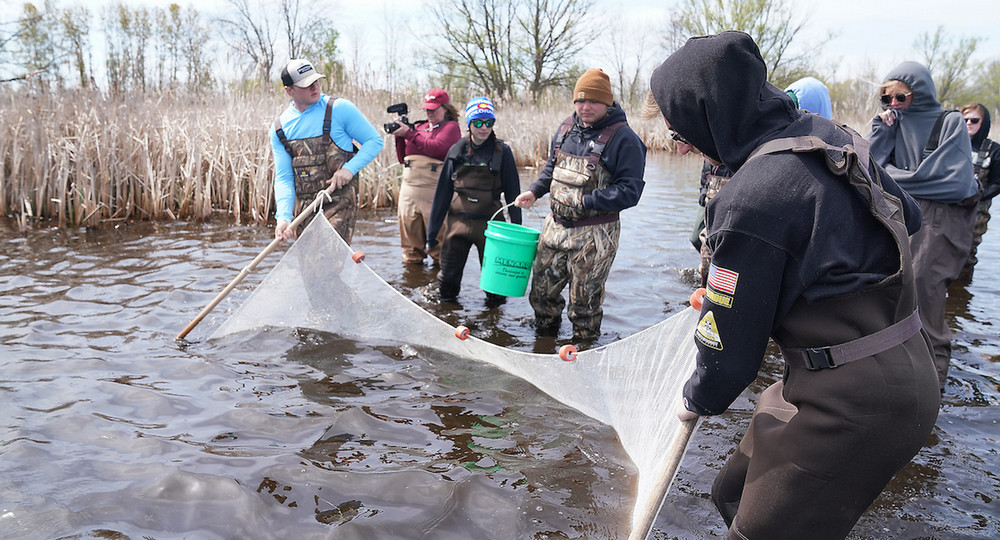
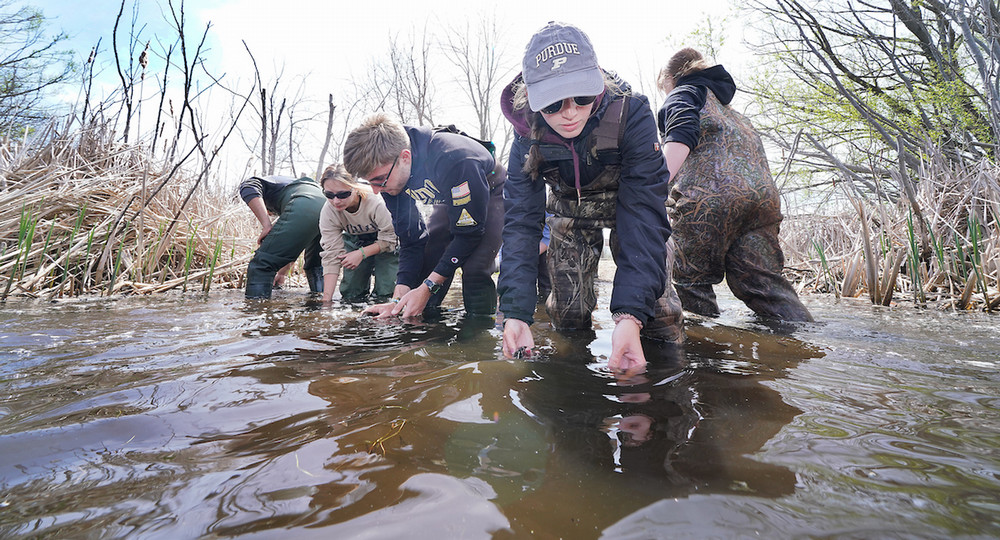
In my career, I will probably have to give presentations to specific communities that rely on clean water or an aquatic ecosystem. So, this presentation really put what I was doing into perspective, and I saw the real impact research could have.”
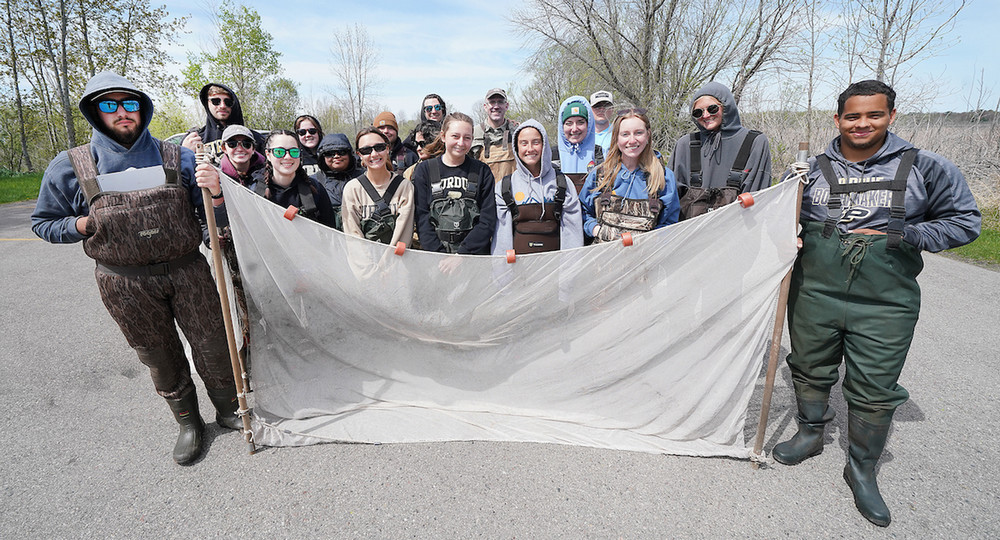
A sense of belonging
“I could have gone somewhere local, or familiar, like Boston, but Purdue has faculty at the top of their field, and I was eager to keep learning from the best. It was also that perfect mix between being a big school with lots of social opportunities and a small, tight-knit FNR department.”
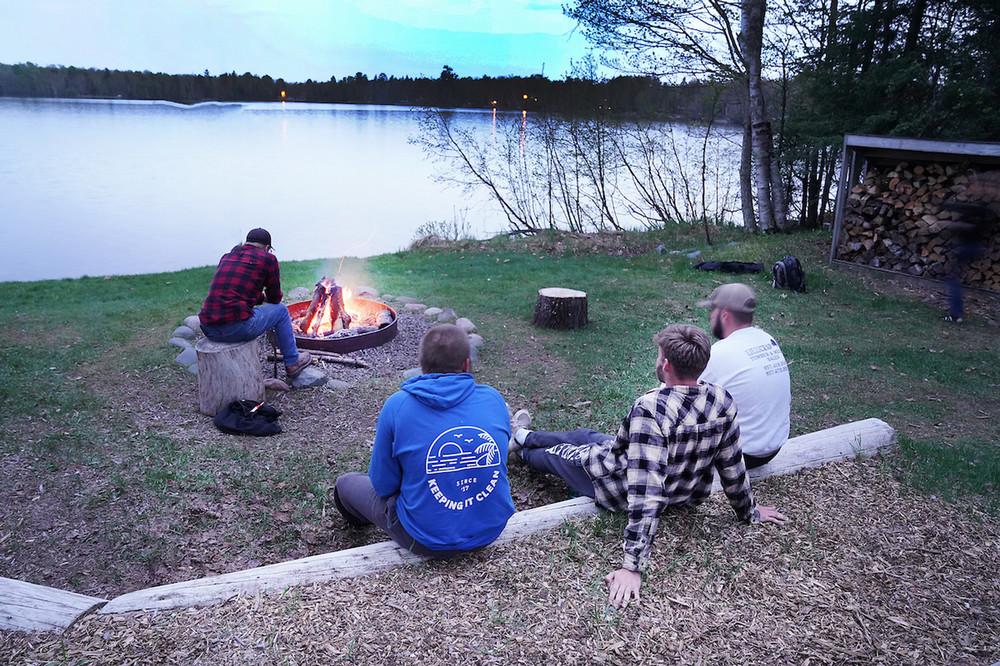
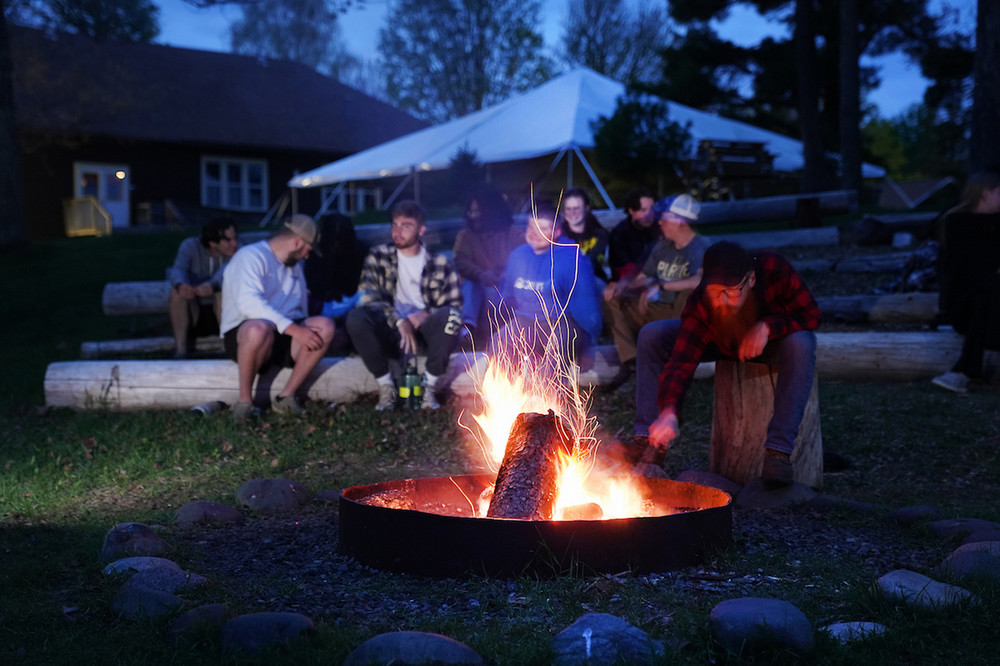
FNR’s sense of community was a major draw for Reeves. He found an abundance of friends, academic support and mentors who were all passionate about working together on a shared goal: to improve our ecosystems.
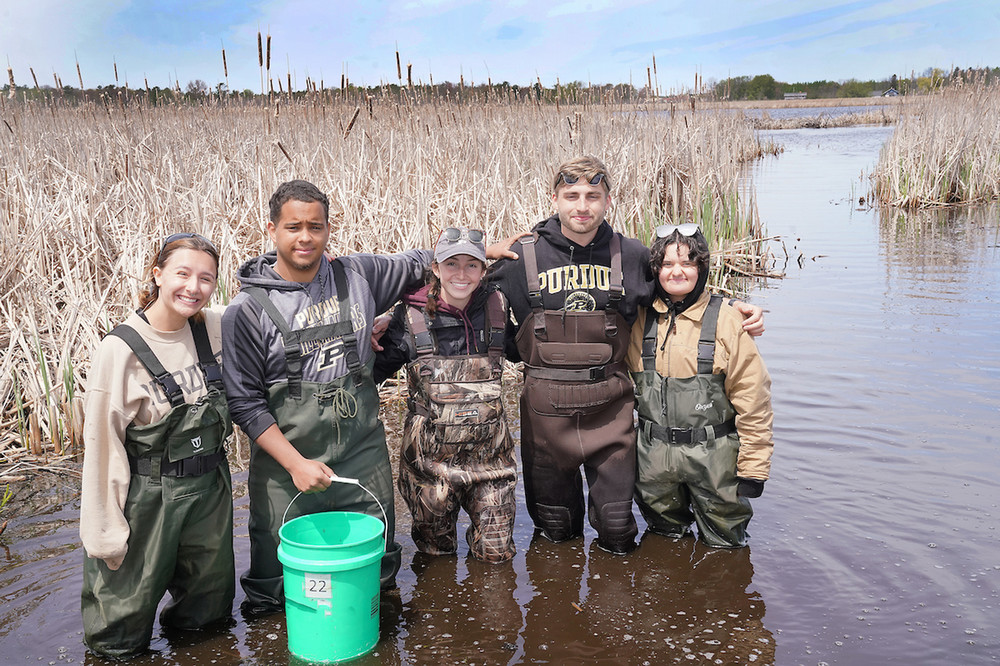
“I know whose door is whose, and they’re almost always open, willing to talk you through a problem, even outside of office hours. There’s been times when I’ve struggled academically, but my advisors helped keep my confidence up to keep going in my field.”
THE NEXT ADVENTURE
Reeves' next giant leap is once again into the great unknown.
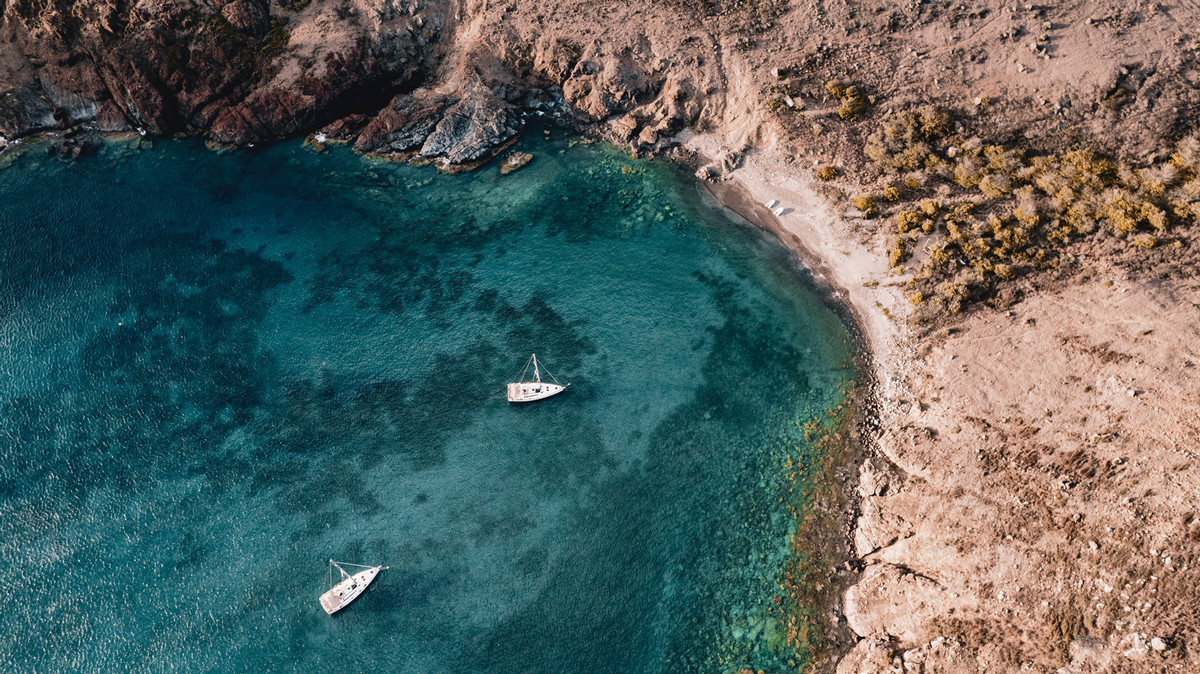
“During practicum, we toured a large research vessel, and it felt like what I had done during SEA Semester. I had a full circle moment. I can envision myself working on a research vessel after graduation, whether that be in the Great Lakes region or at sea, and continuing to have fun sailing, of course!”
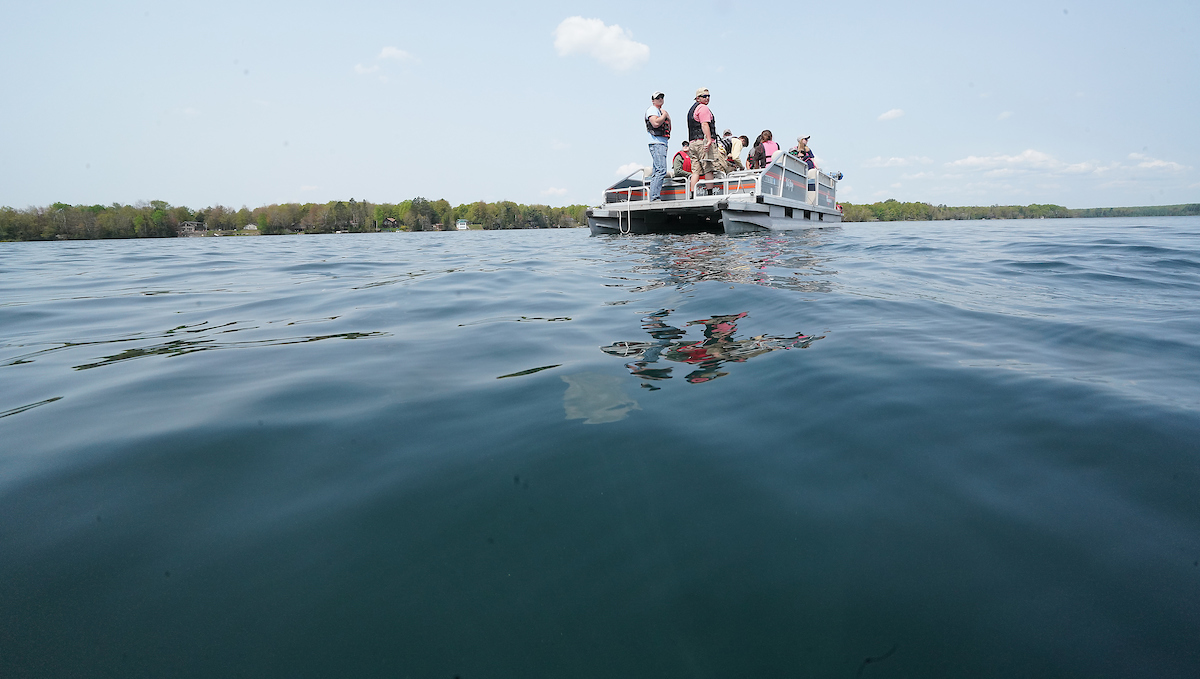
Side Quests
After SEA Semester, Reeves spent the rest of his gap year in Costa Rica in the ARC program, where he lived with host families and worked on wildlife rehabilitation, combating illegal pet trade.
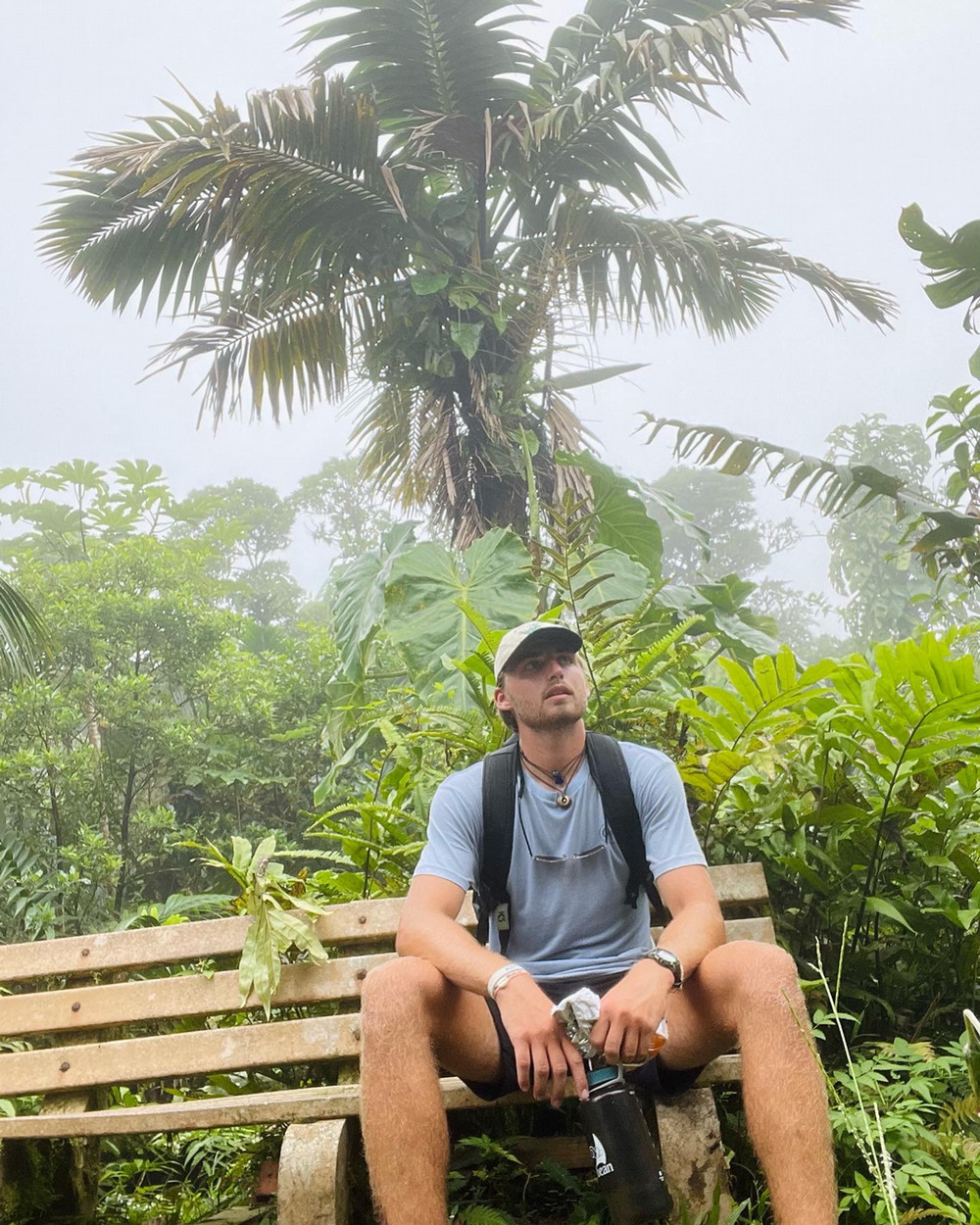
“I met so many people from different backgrounds, who had their own farming practices and ways of living, and yet we all had the same conservation goal. After that gap year, I was confident that whoever I met at Purdue, no matter their background, I would be able to connect with them.”
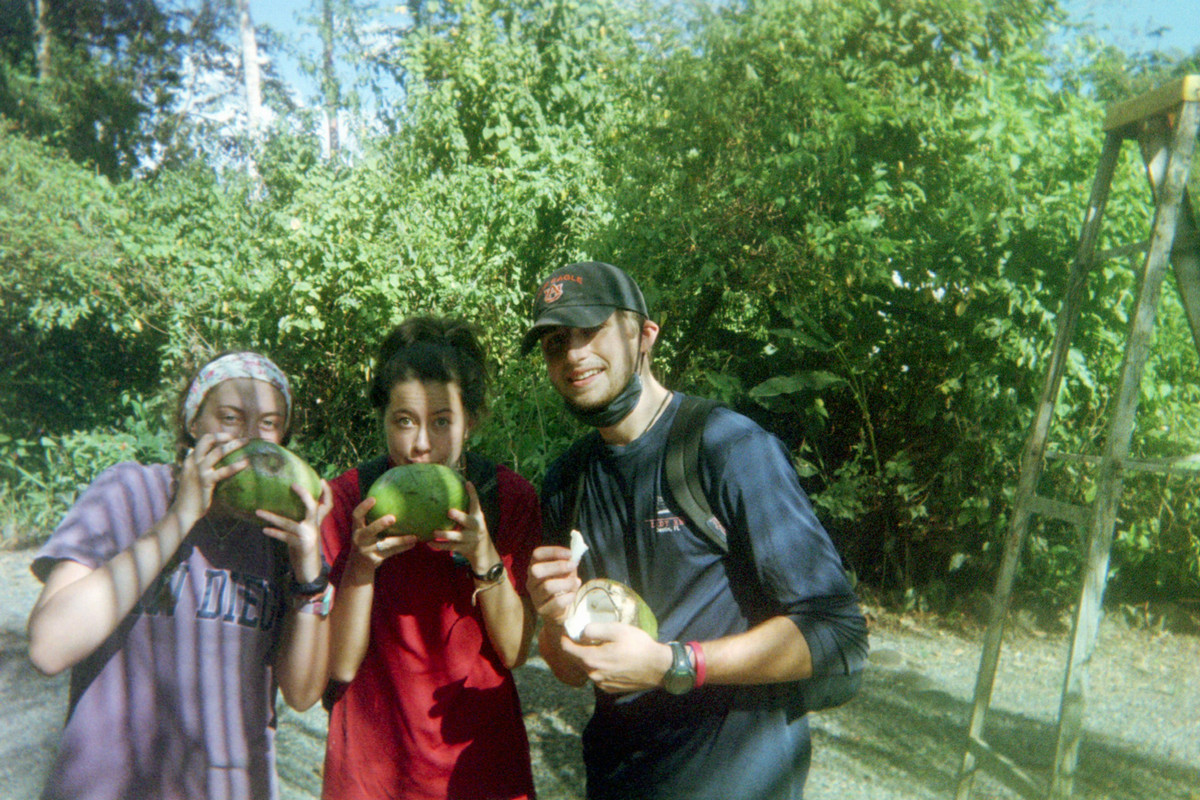
During the summers, Reeves works at Sail Caribbean teaching kids how to sail on the open ocean and exploring the Caribbean islands, applying what he had learned in SEA Semester.
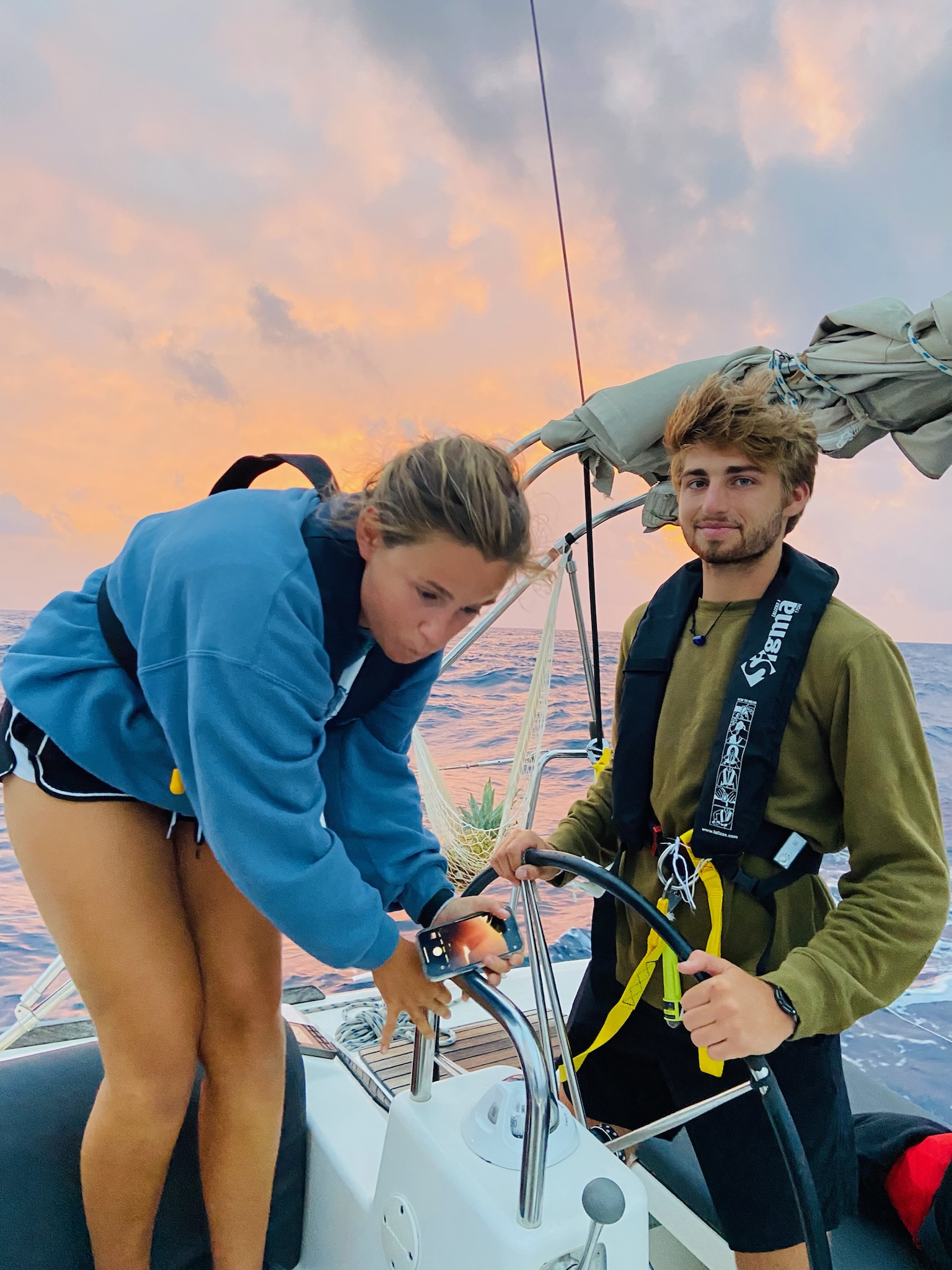
“We did things like overnight sails, and it was stressful, but I’ve always been competitive, and I loved it. I decided to come back next year with the goal of being captain of my own boat.”
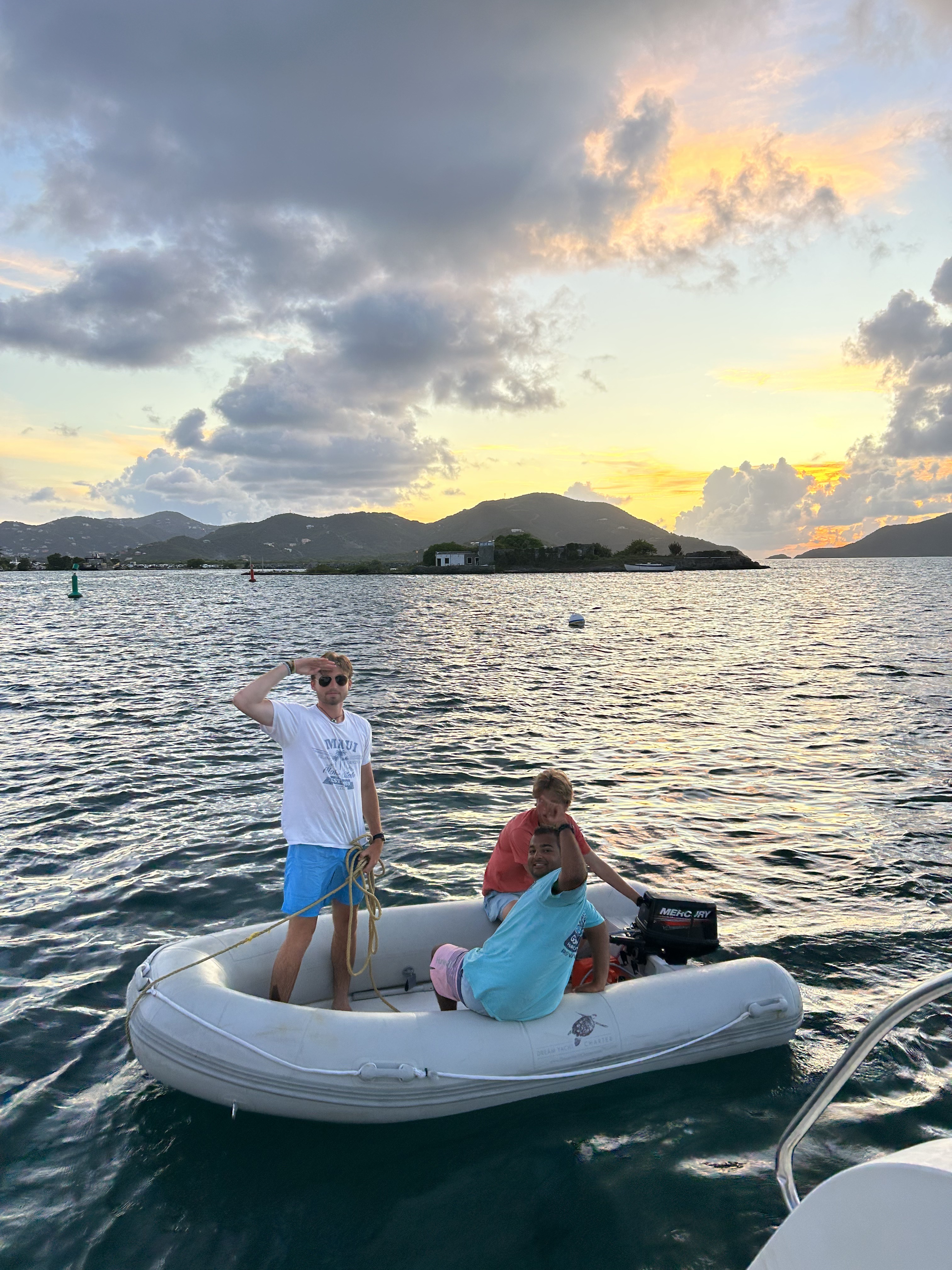
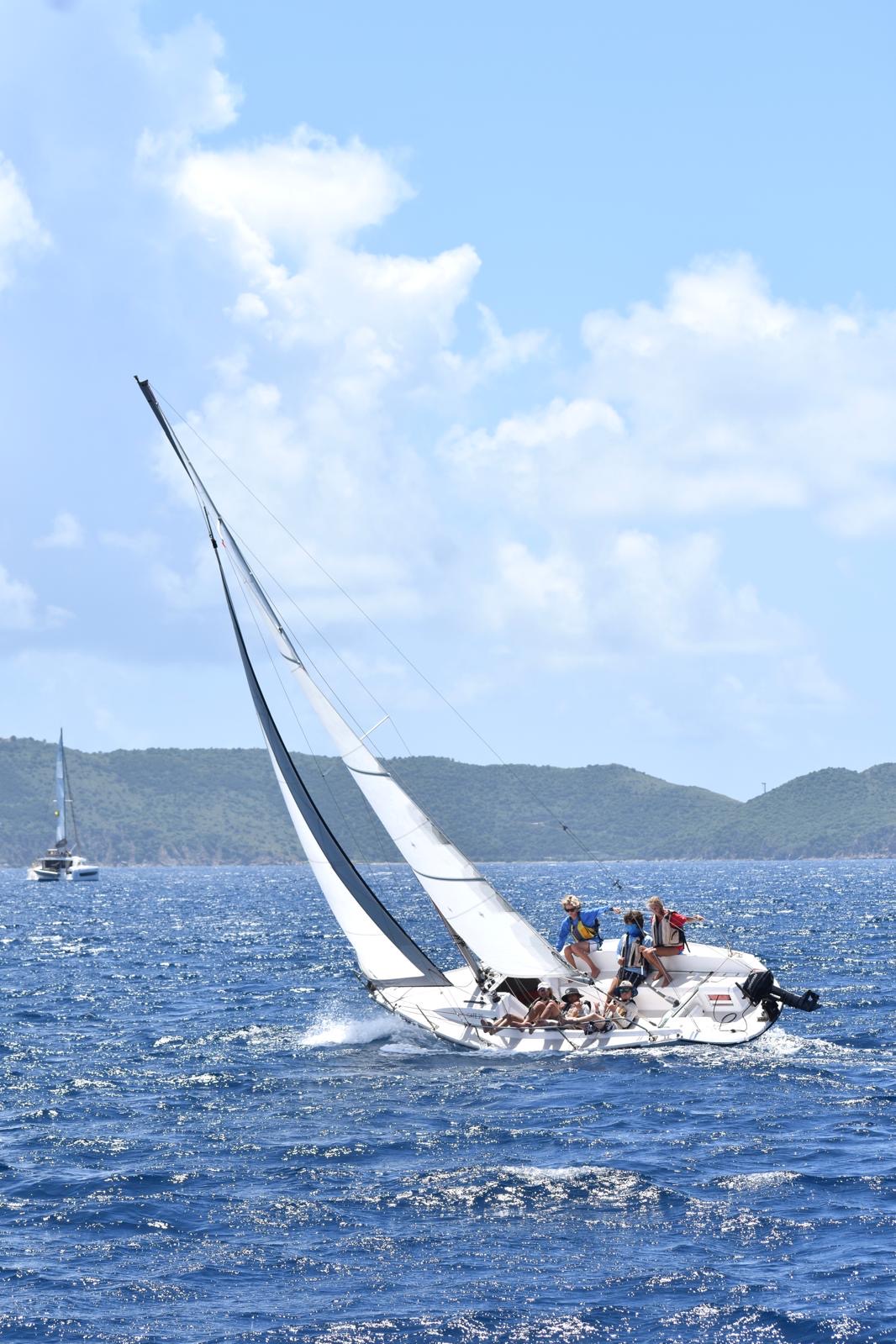
Sail Caribbean saw Reeves’ leadership potential, and next summer, Reeves’ achieved his goal of becoming captain. As captain, Reeves developed his own lessons and acted as the marine biology coordinator.
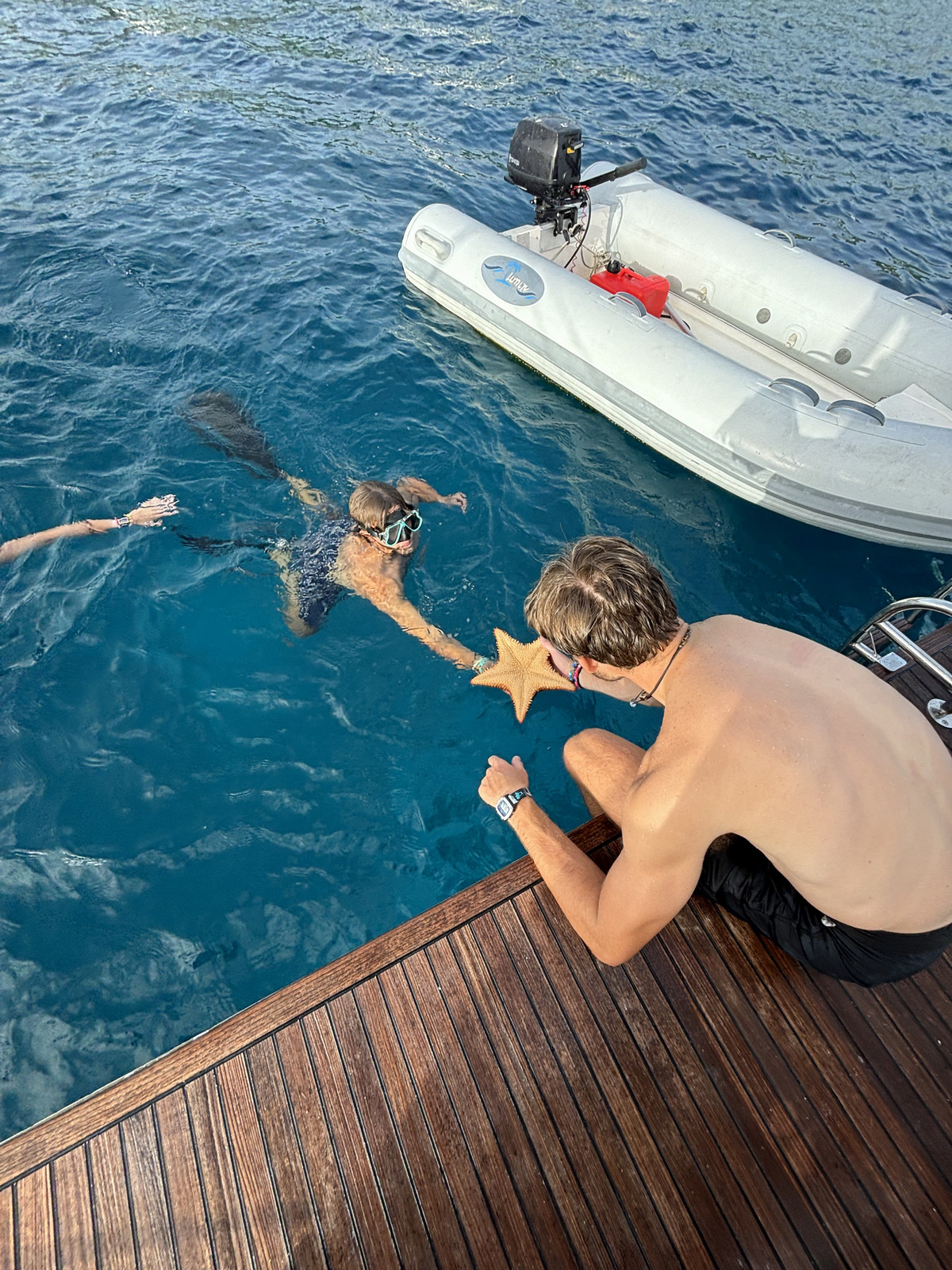
“I loved having the freedom to invent my own lessons that complimented my studies, like teaching squid dissections! I could take that leadership experience in the field back into the classroom. By teaching others, you’re teaching yourself, too.”
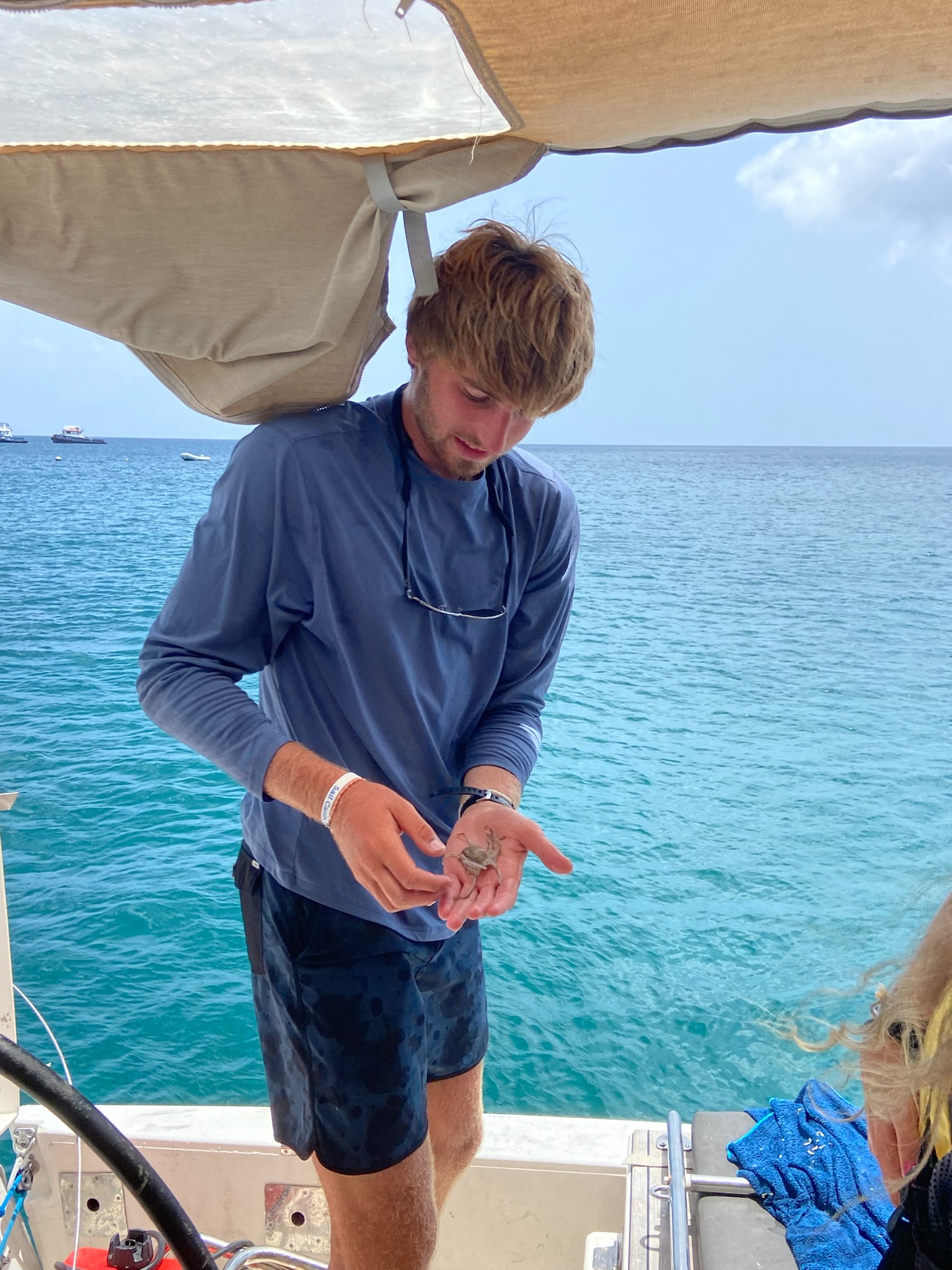
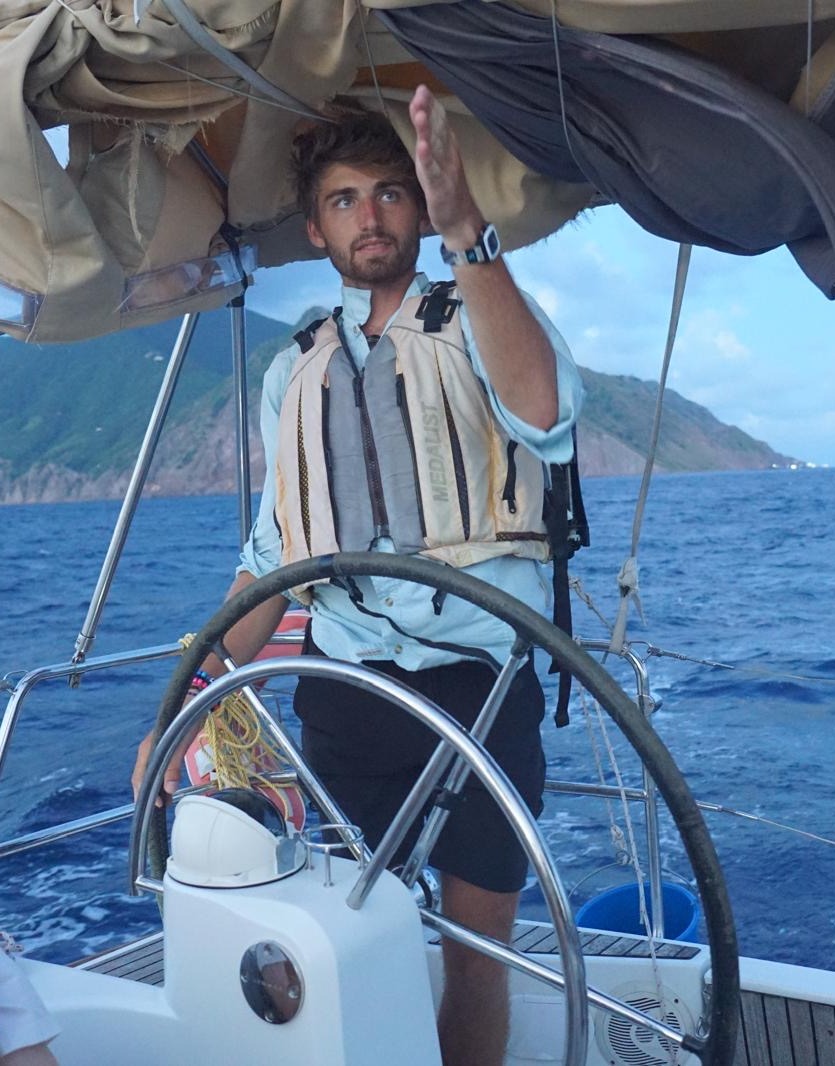
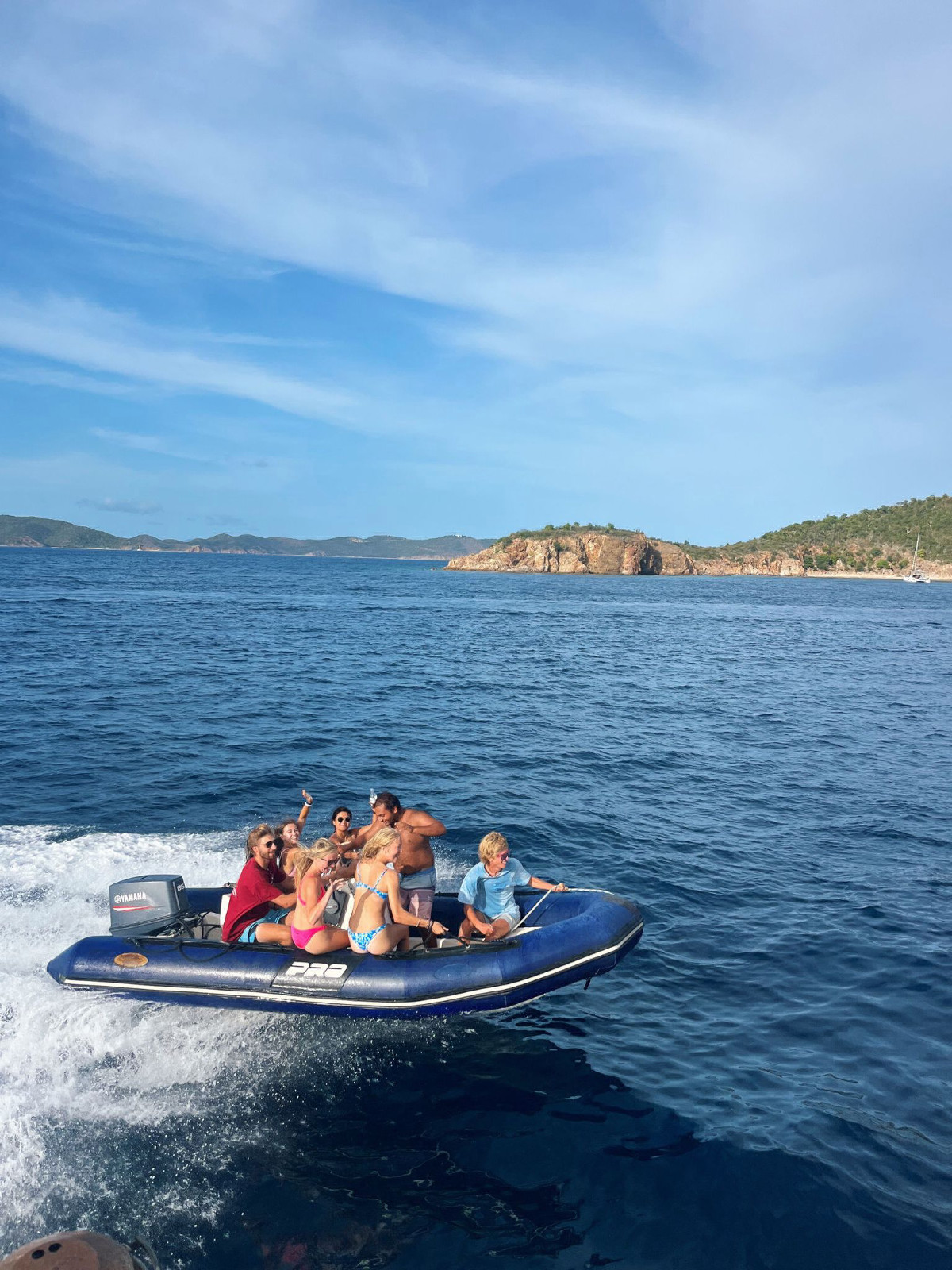
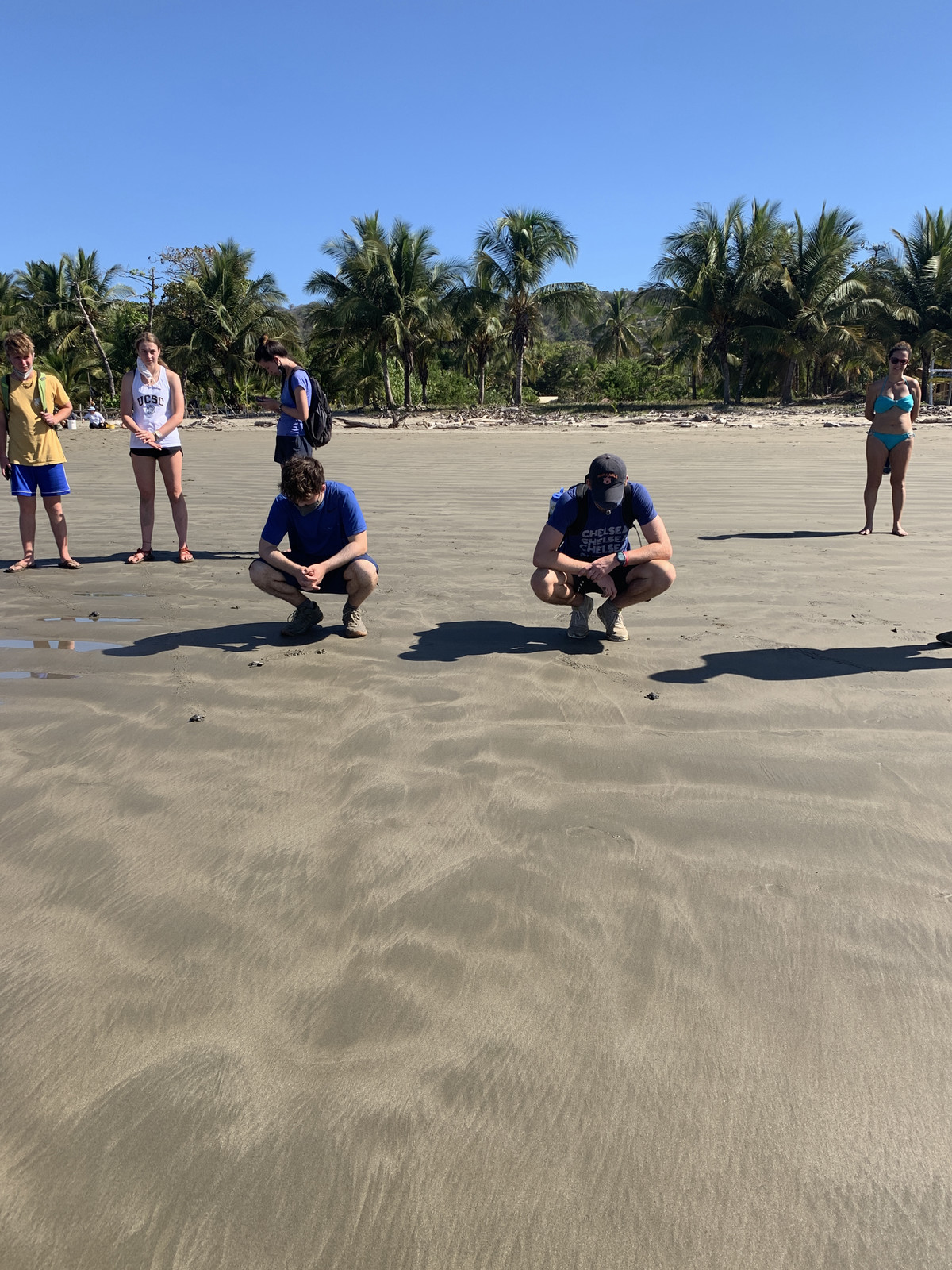
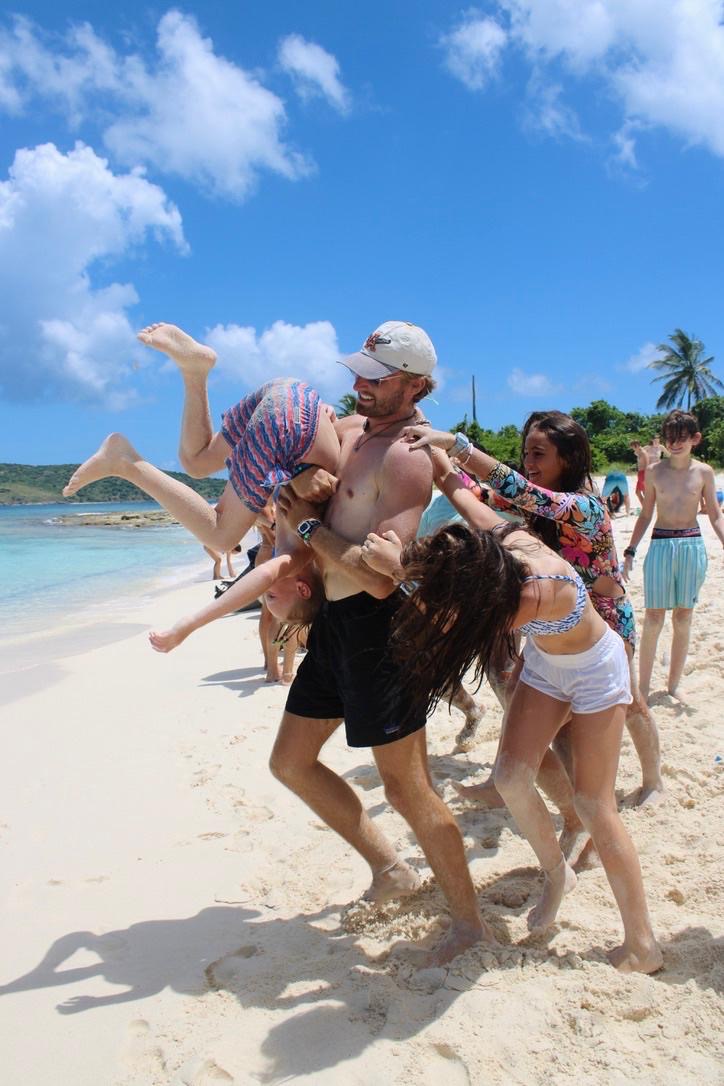
On his third year with Sail Caribbean, Reeves was promoted to Fleet Captain and became one of the youngest employees to hold a leadership position at the company level. From interviewing and hiring instructors to being in charge of a set of boats, he gained invaluable career experience.
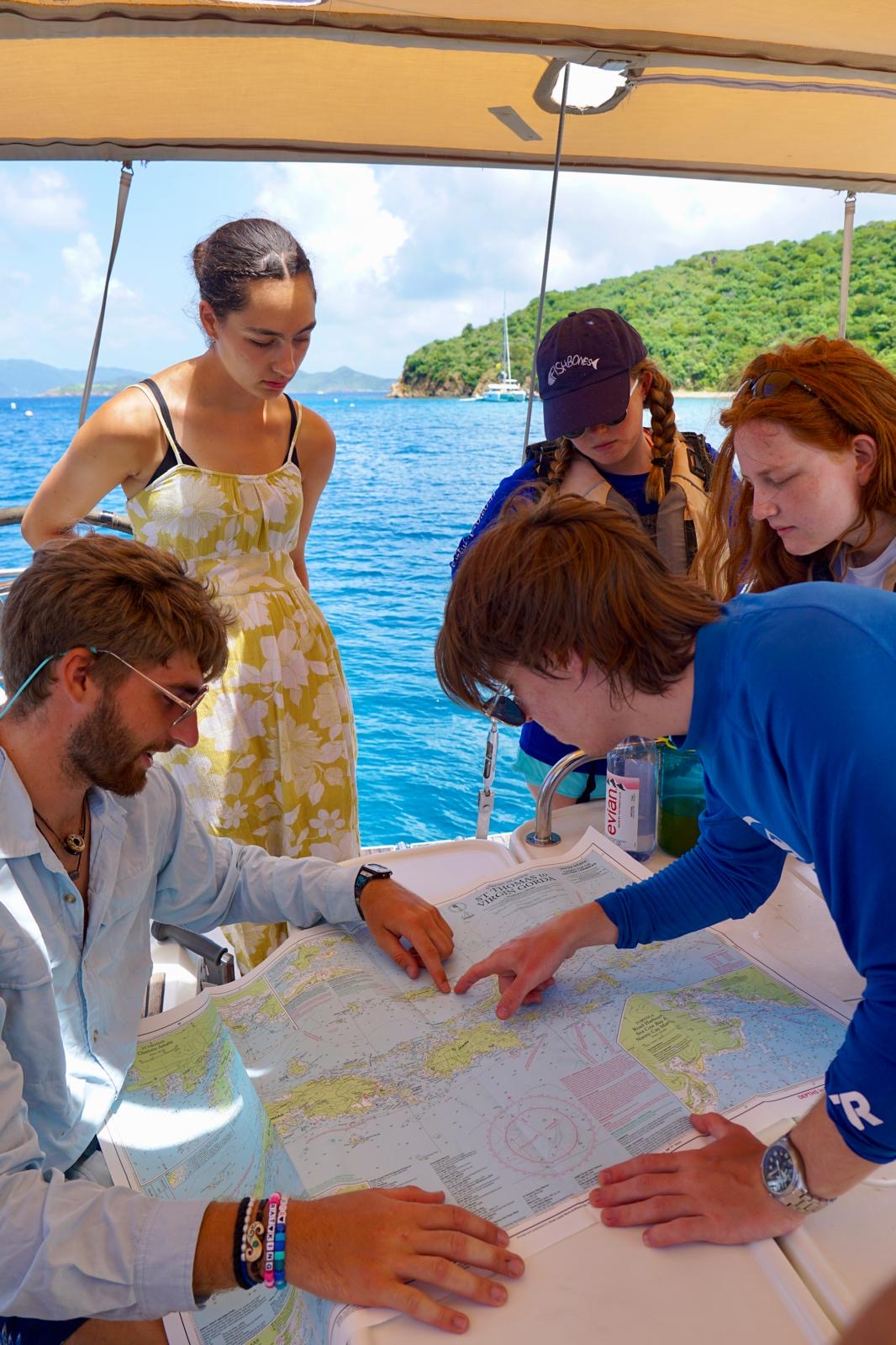
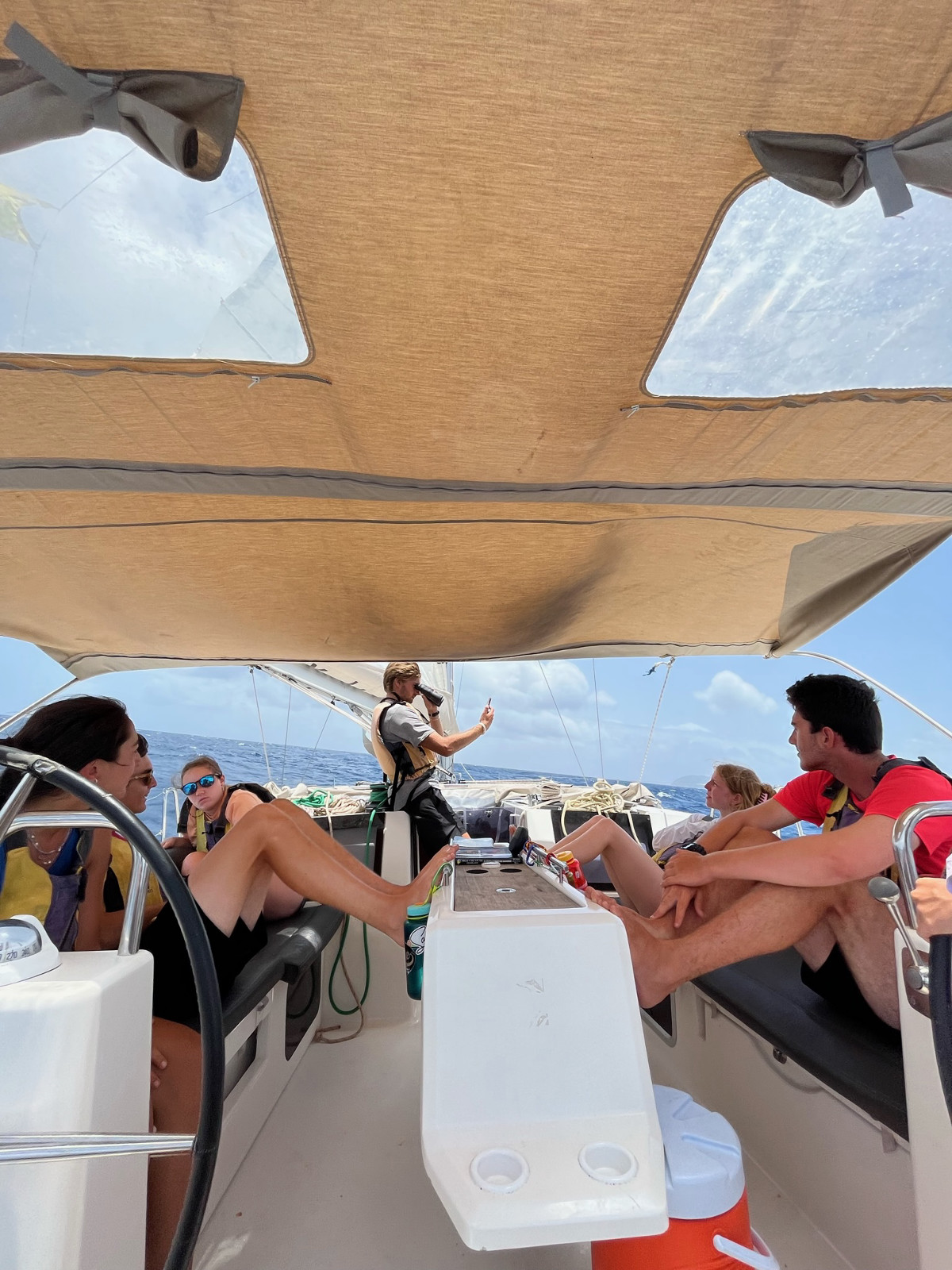
“It was a little intimidating being 21 and leading a team of people who are all older than you, but at the same time, it’s thrilling. I focused on developing good leadership skills, which helped me gain confidence back at school and for my future."
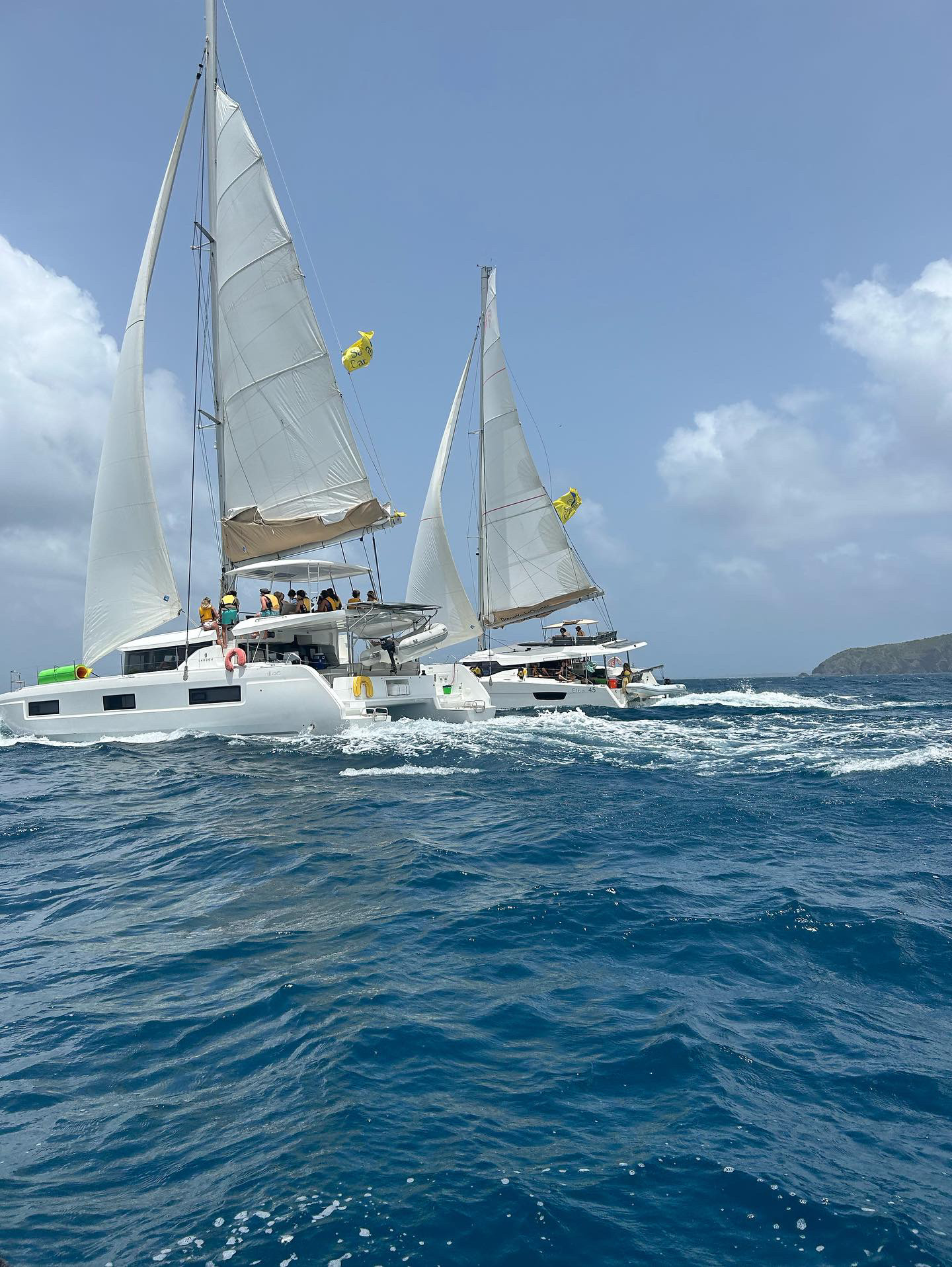
As Reeves wraps up his final semester at Purdue, he reflects on the valuable connections he’s made with both peers and renowned faculty.
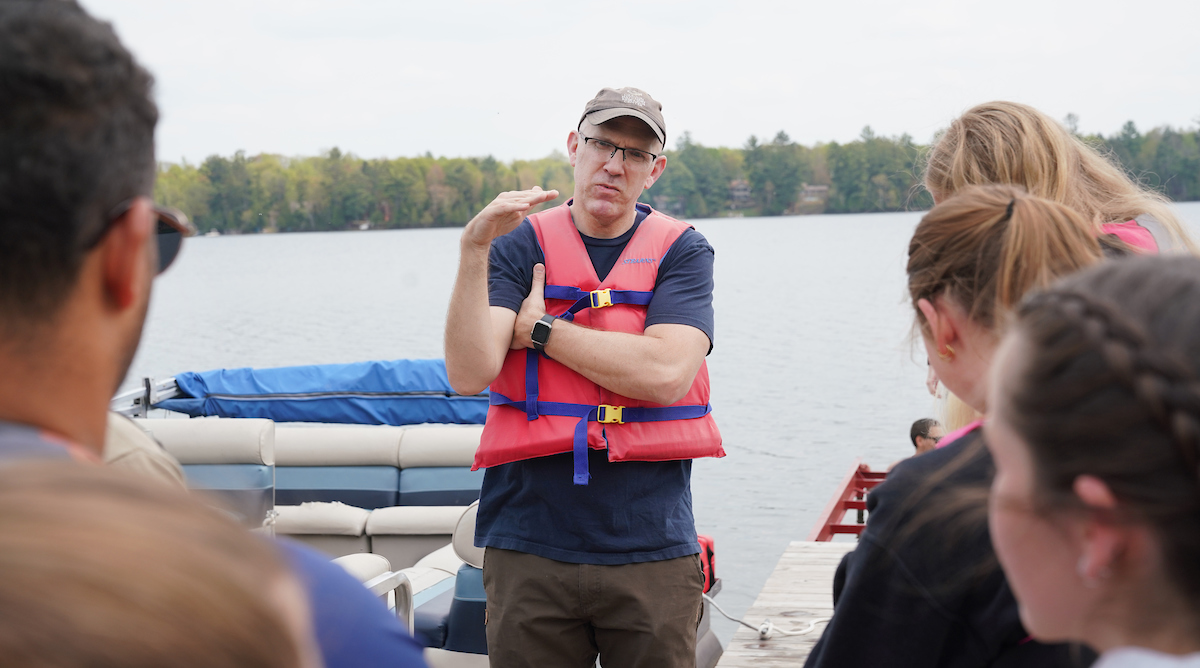
“Environmental science and aquatic science are fields driven by passion. No matter how you arrive at Purdue, know that when you do, you’ll be surrounded by people who want the best for you. We’re all working toward the same goal. There’s been times when I felt I could have been left behind in my aquatic sciences classes, but my peers helped lift me up, and I like to do the same for them. I think that’s a rare thing, but you’ll find it here.”
